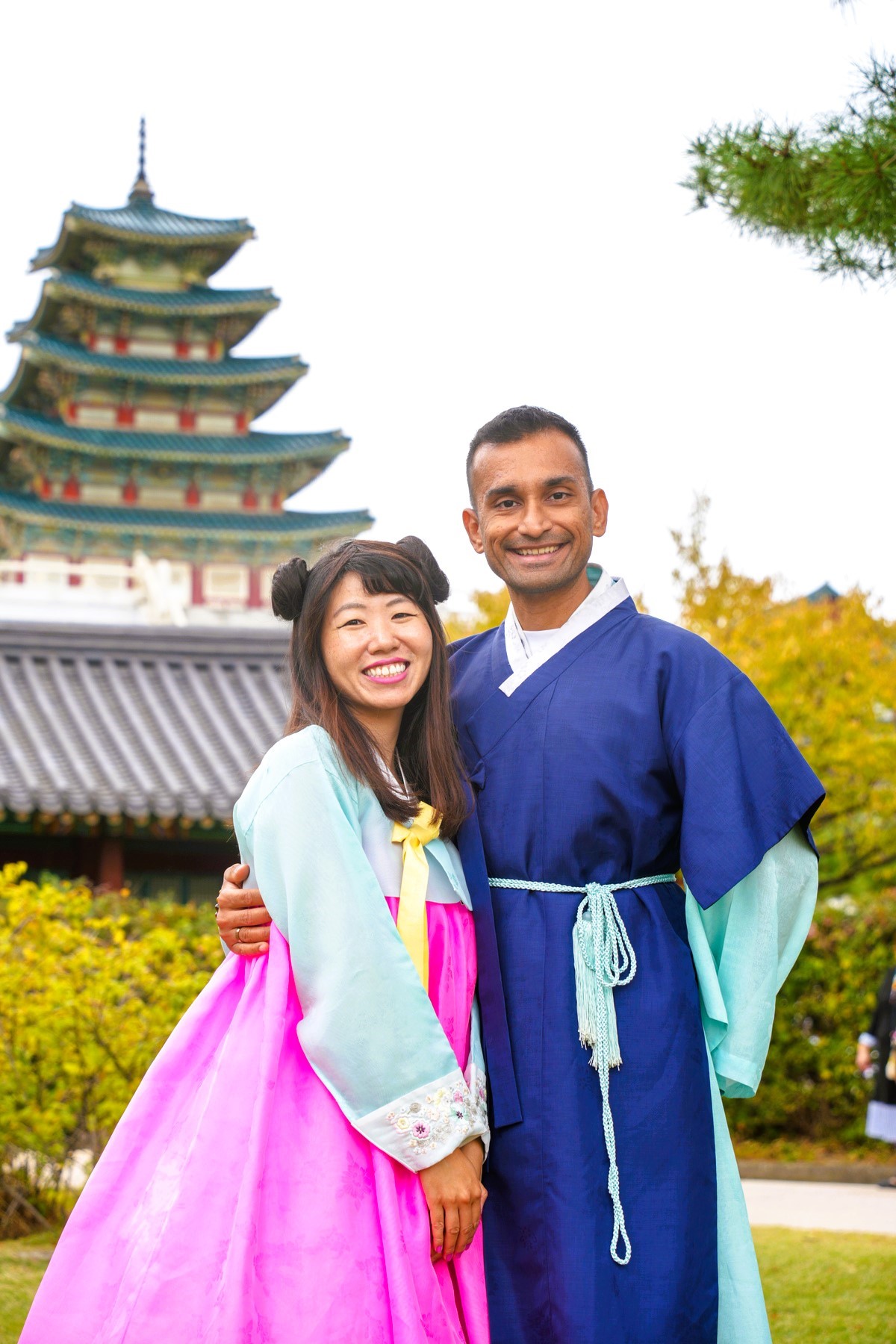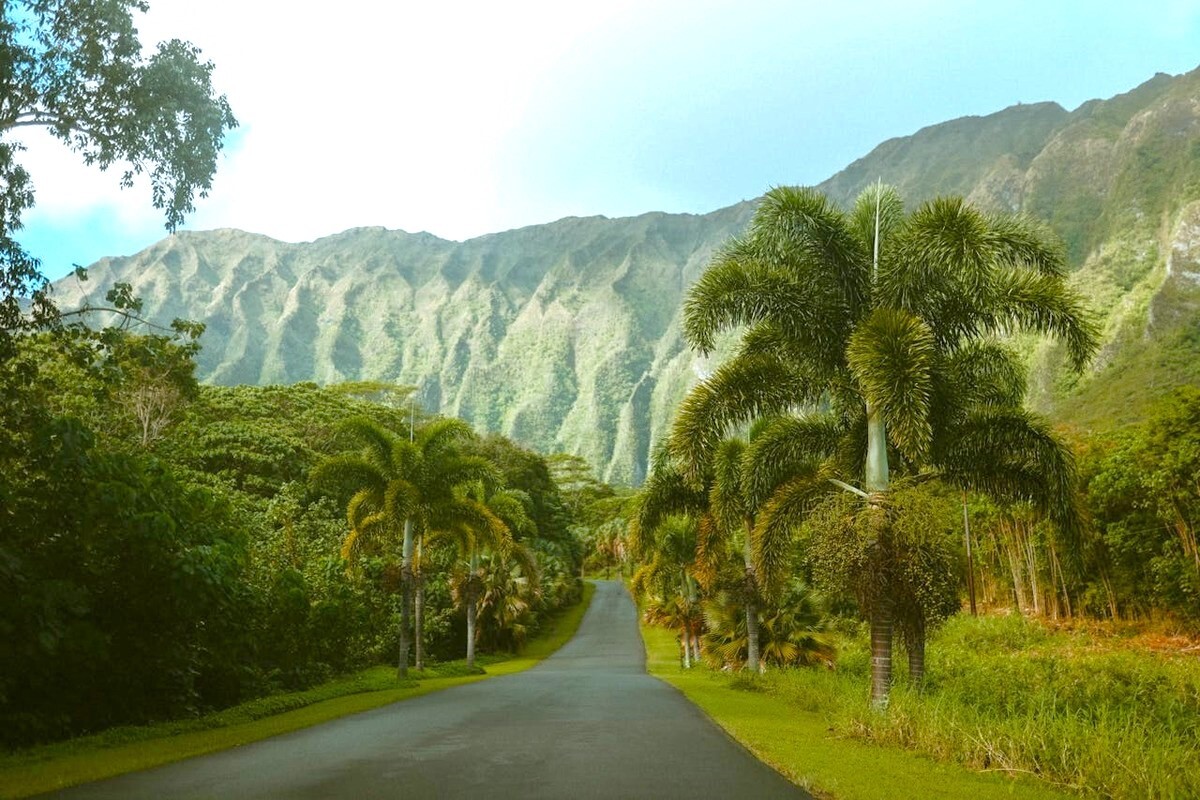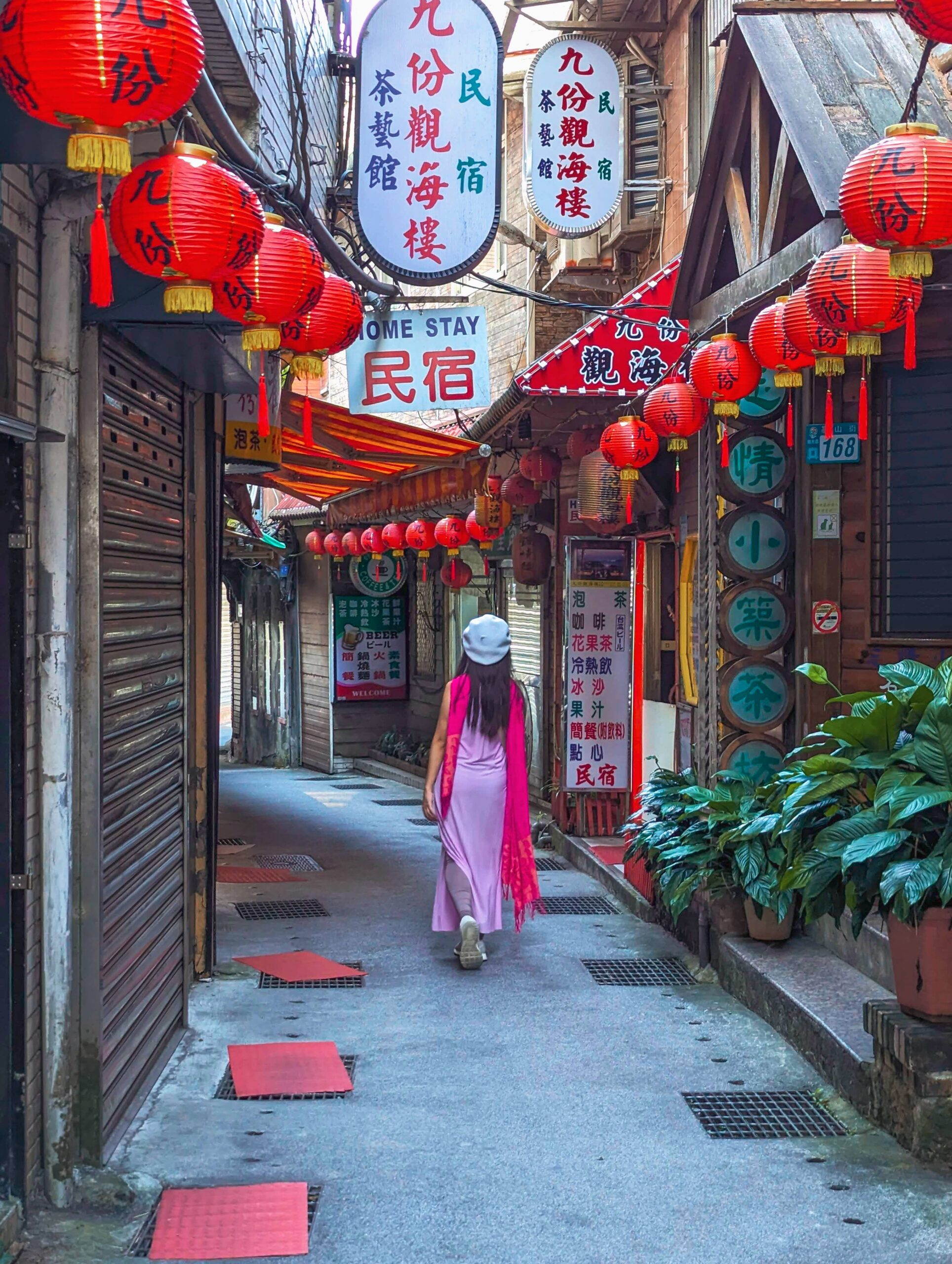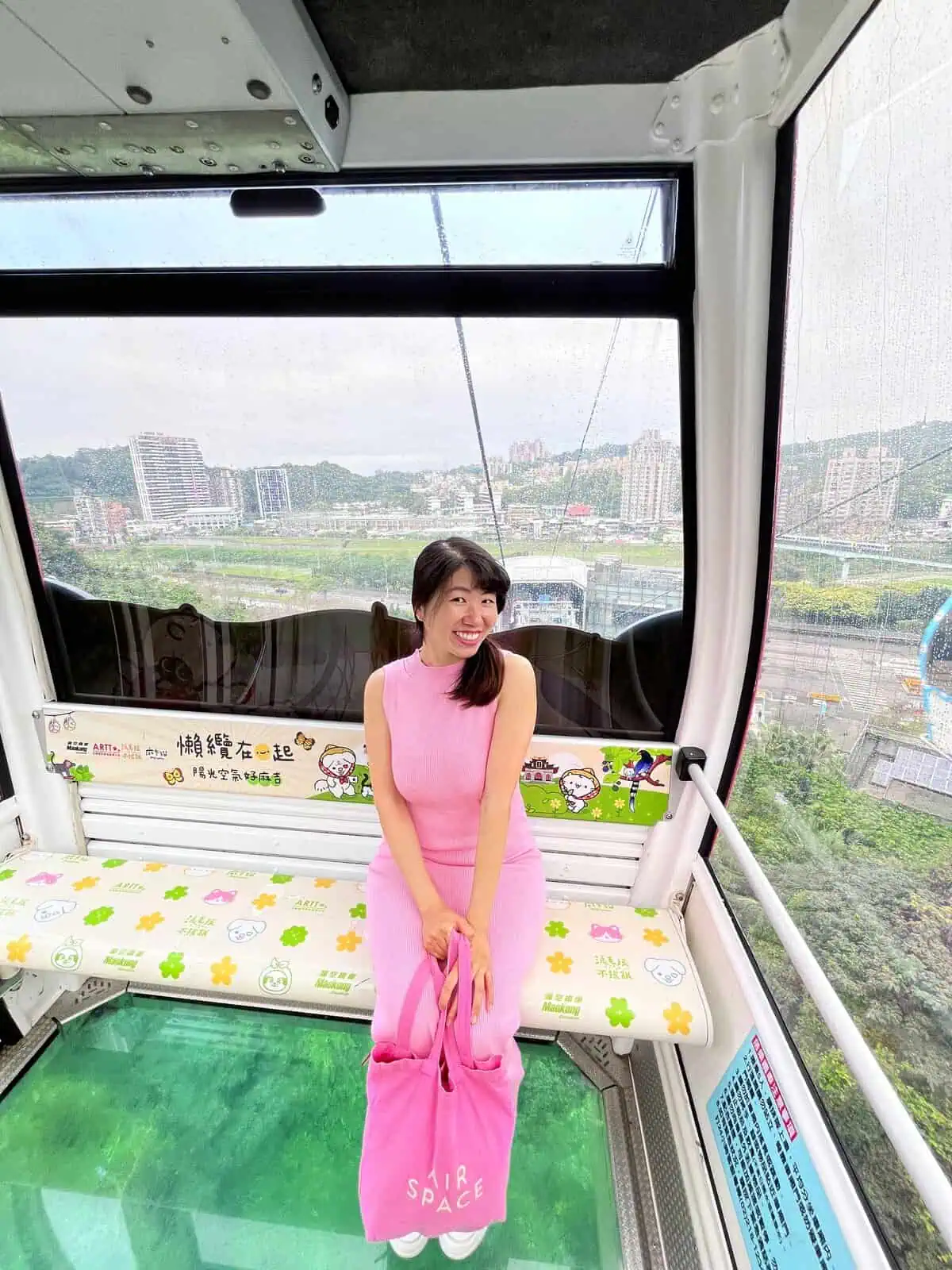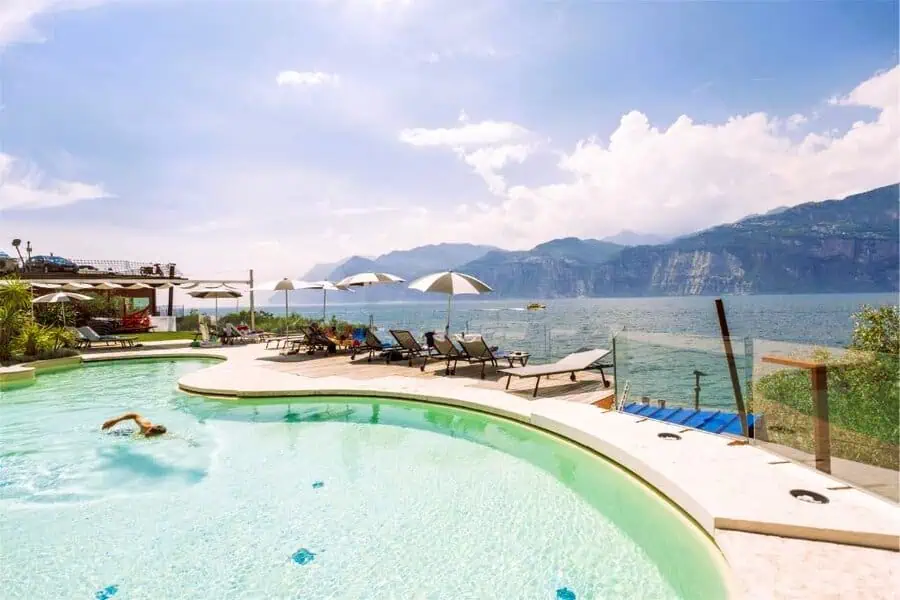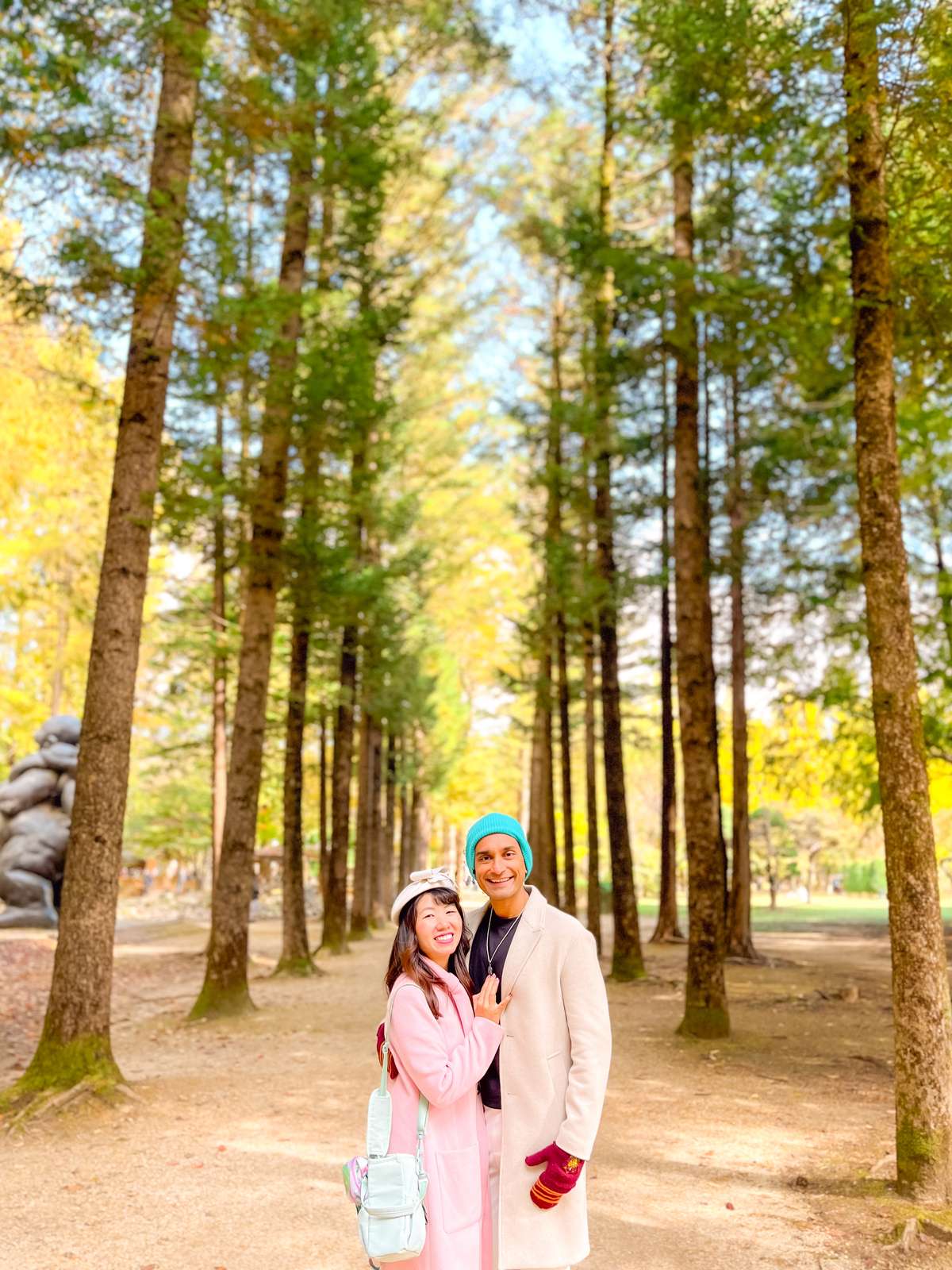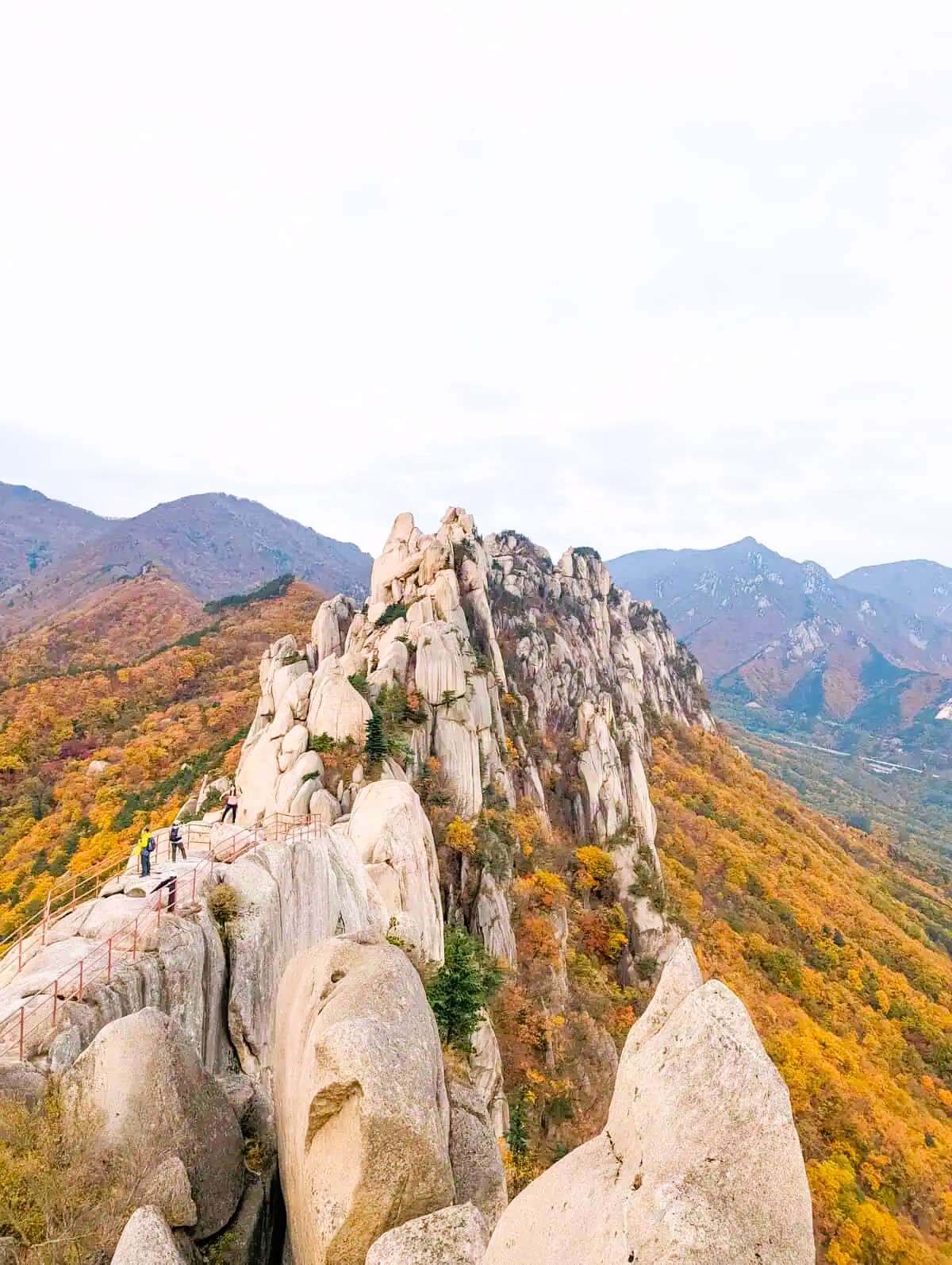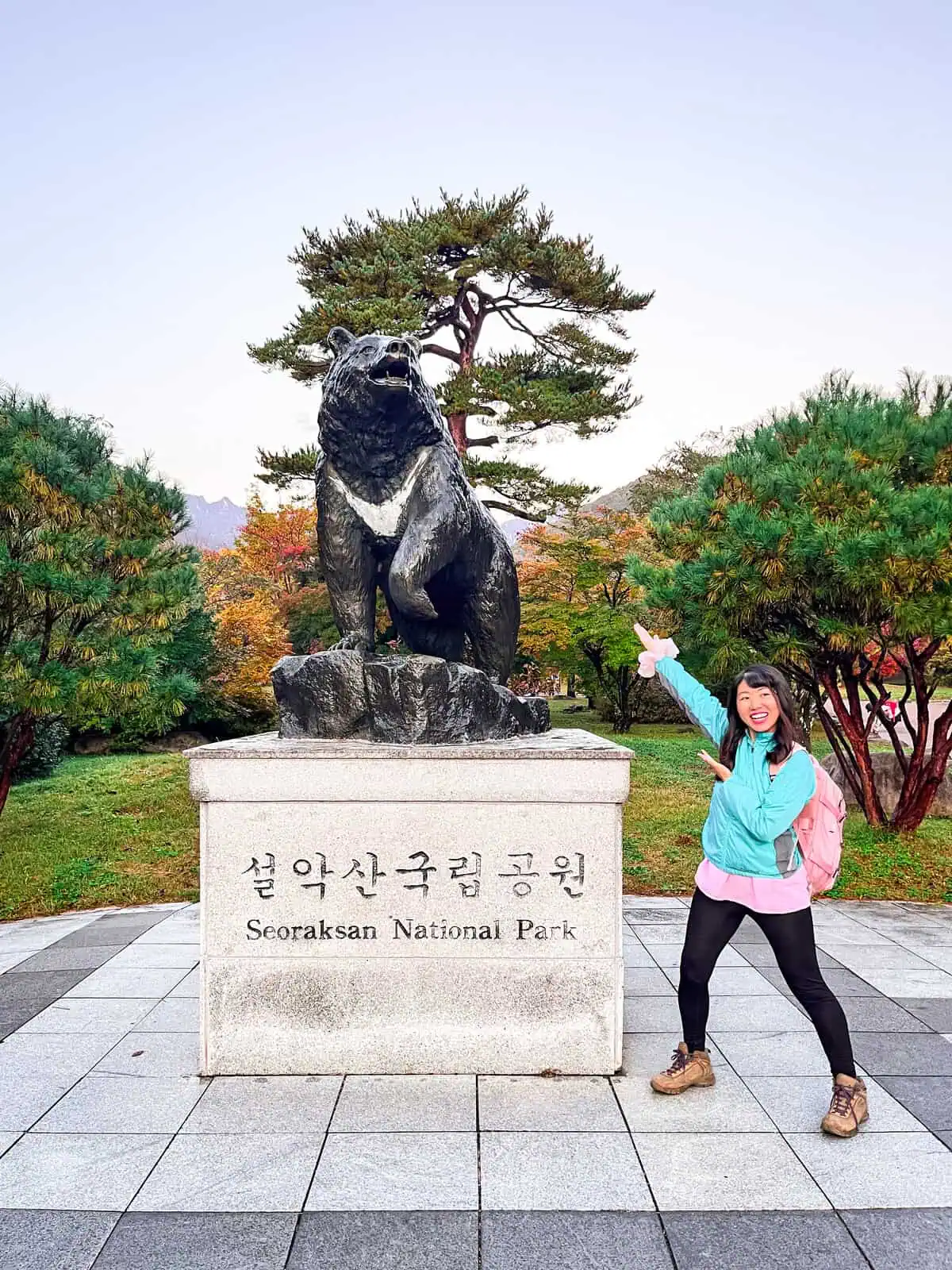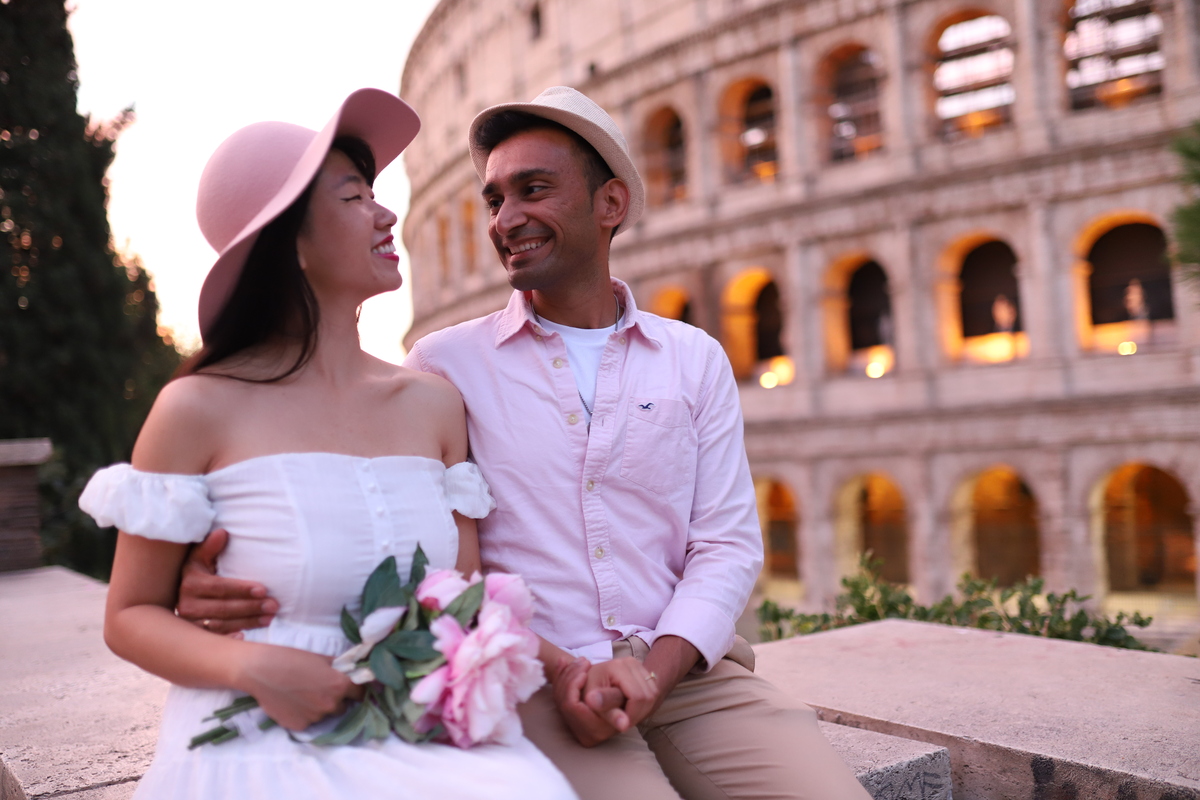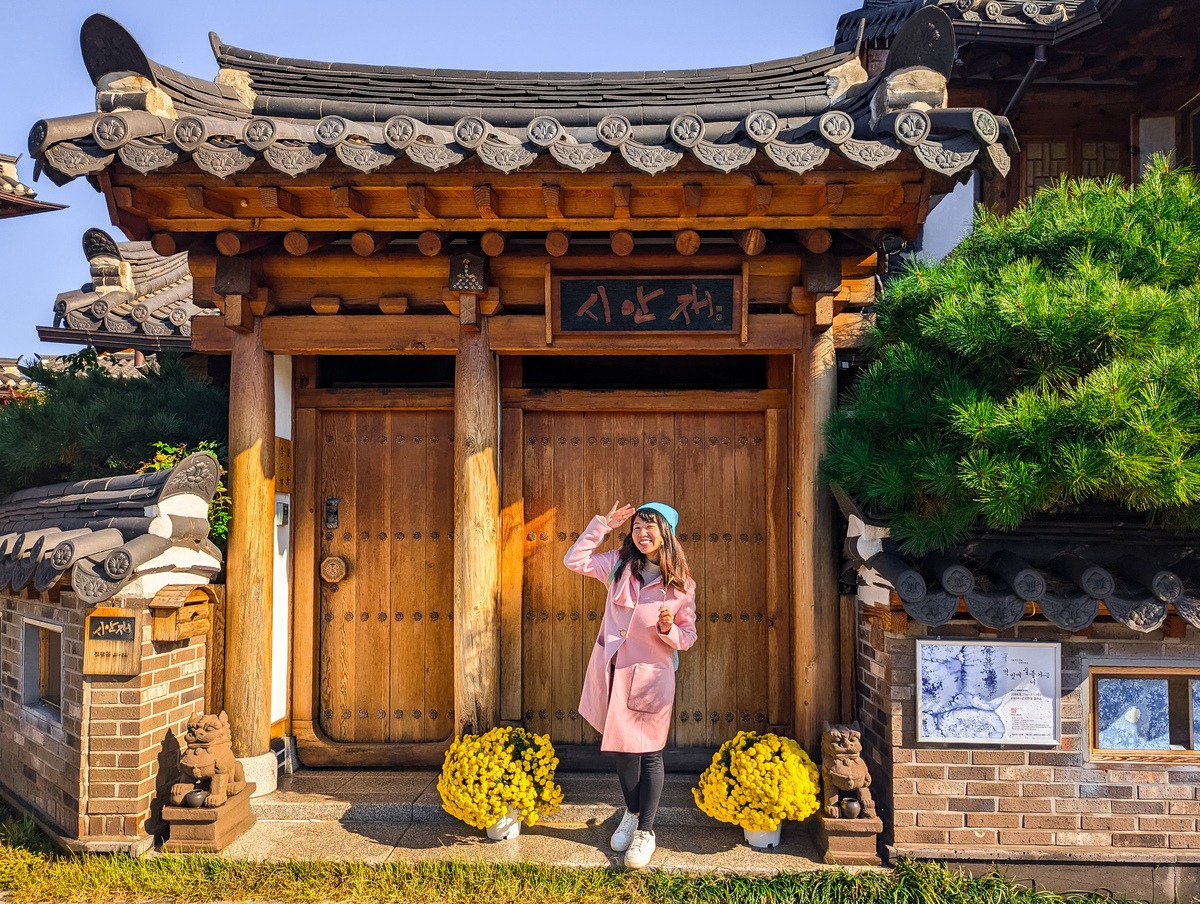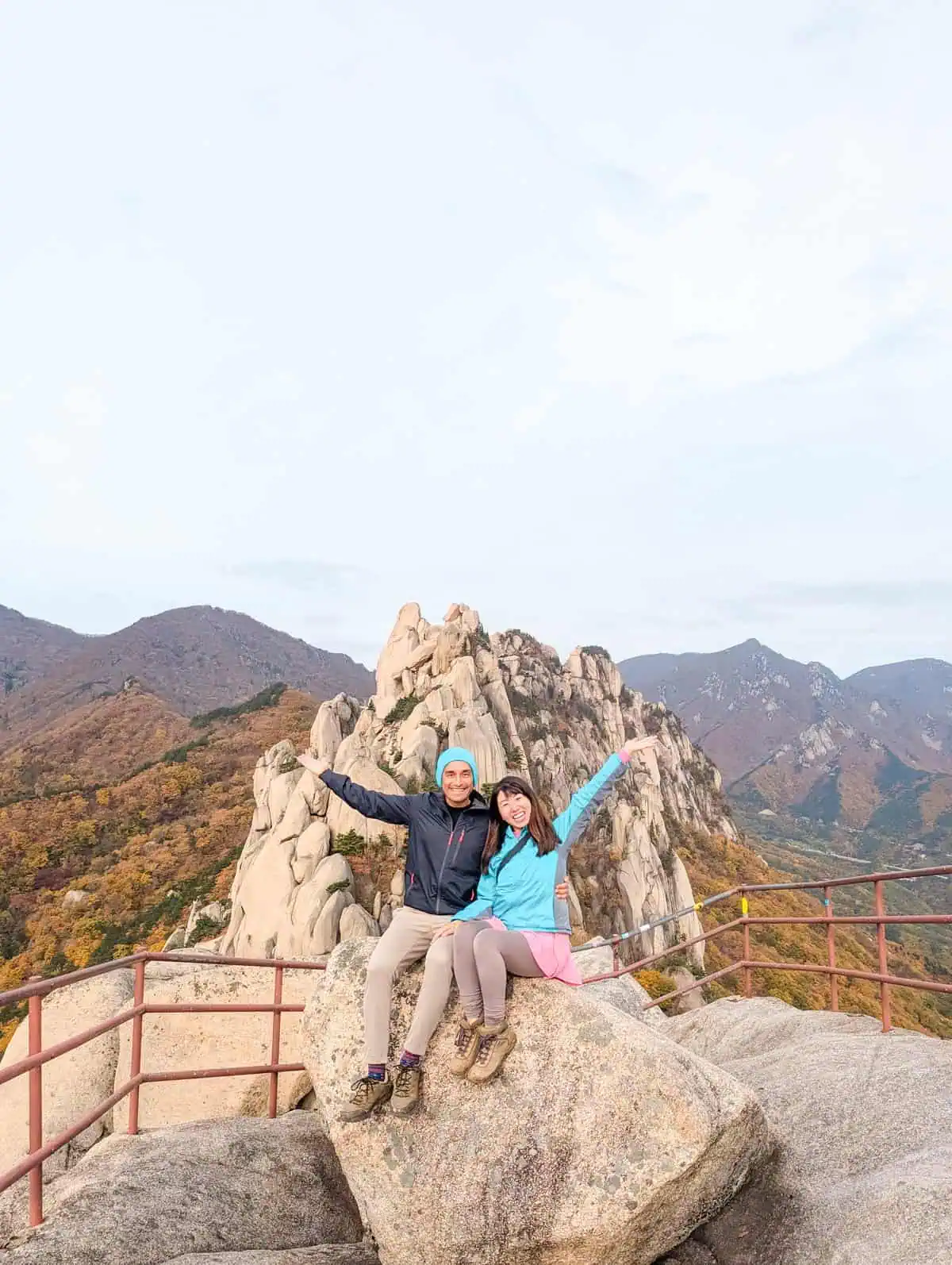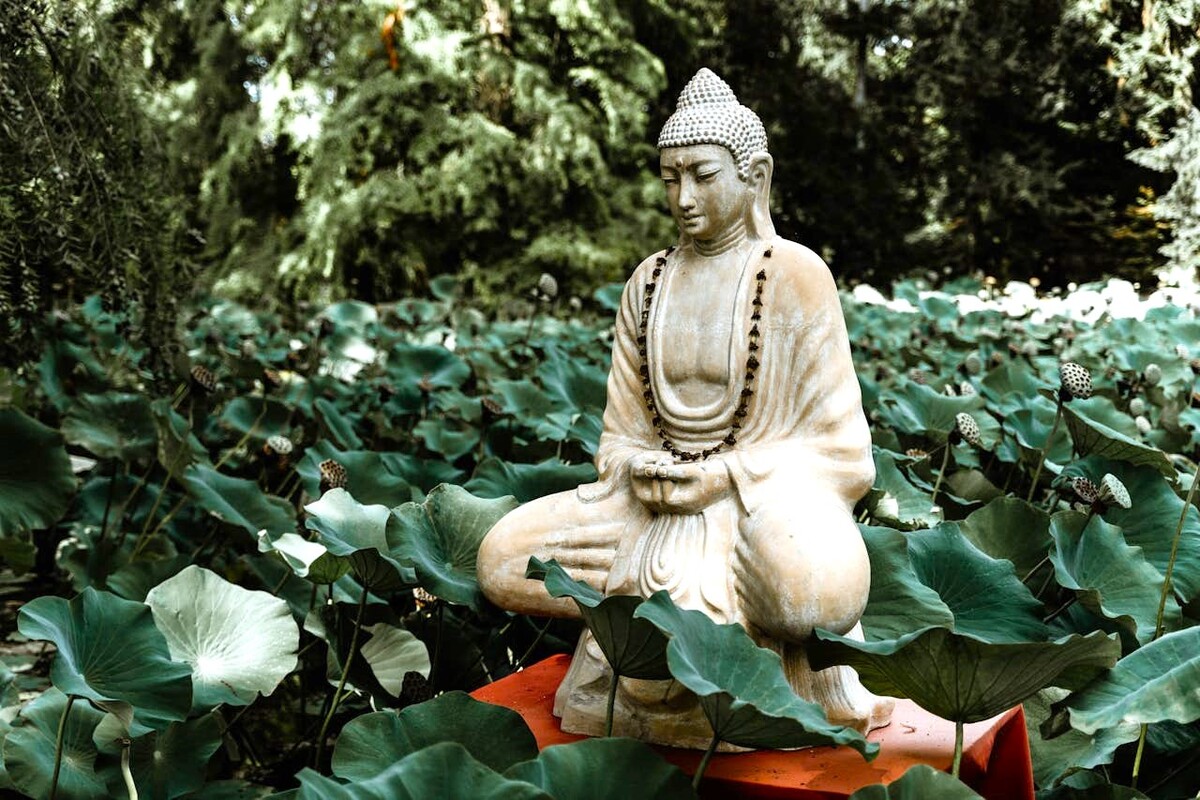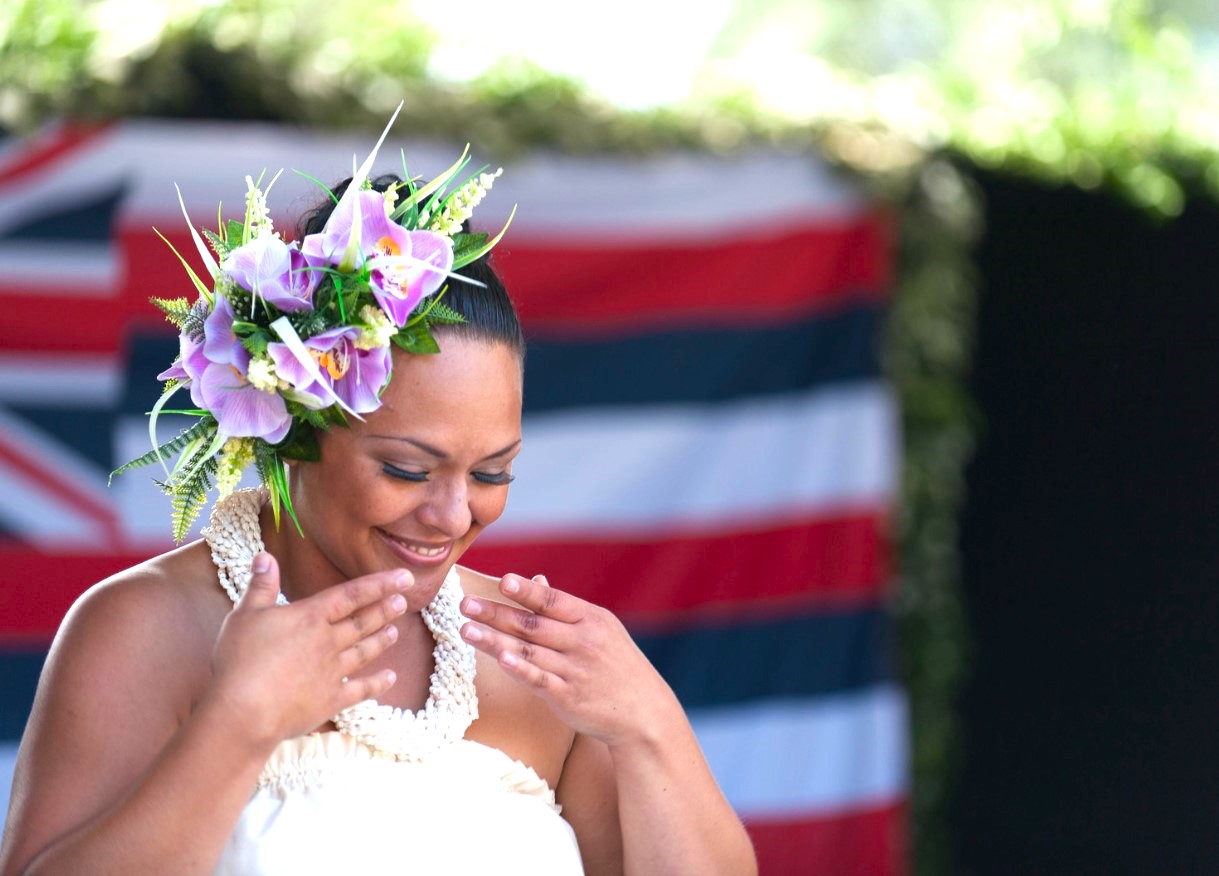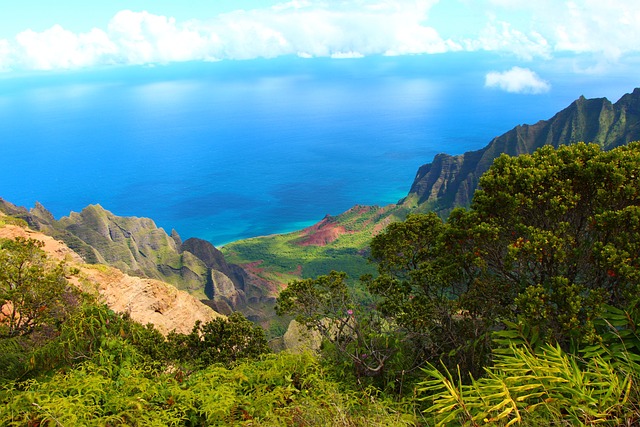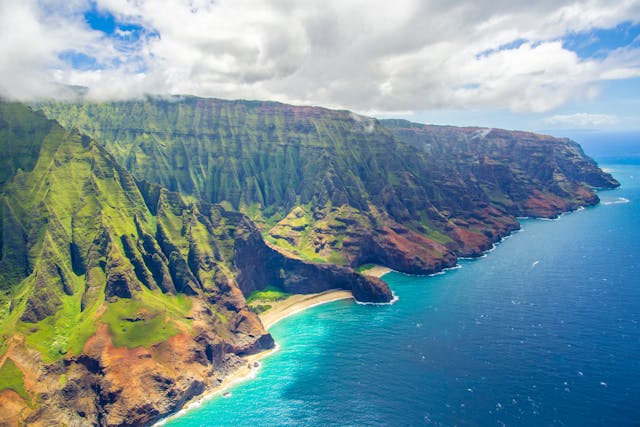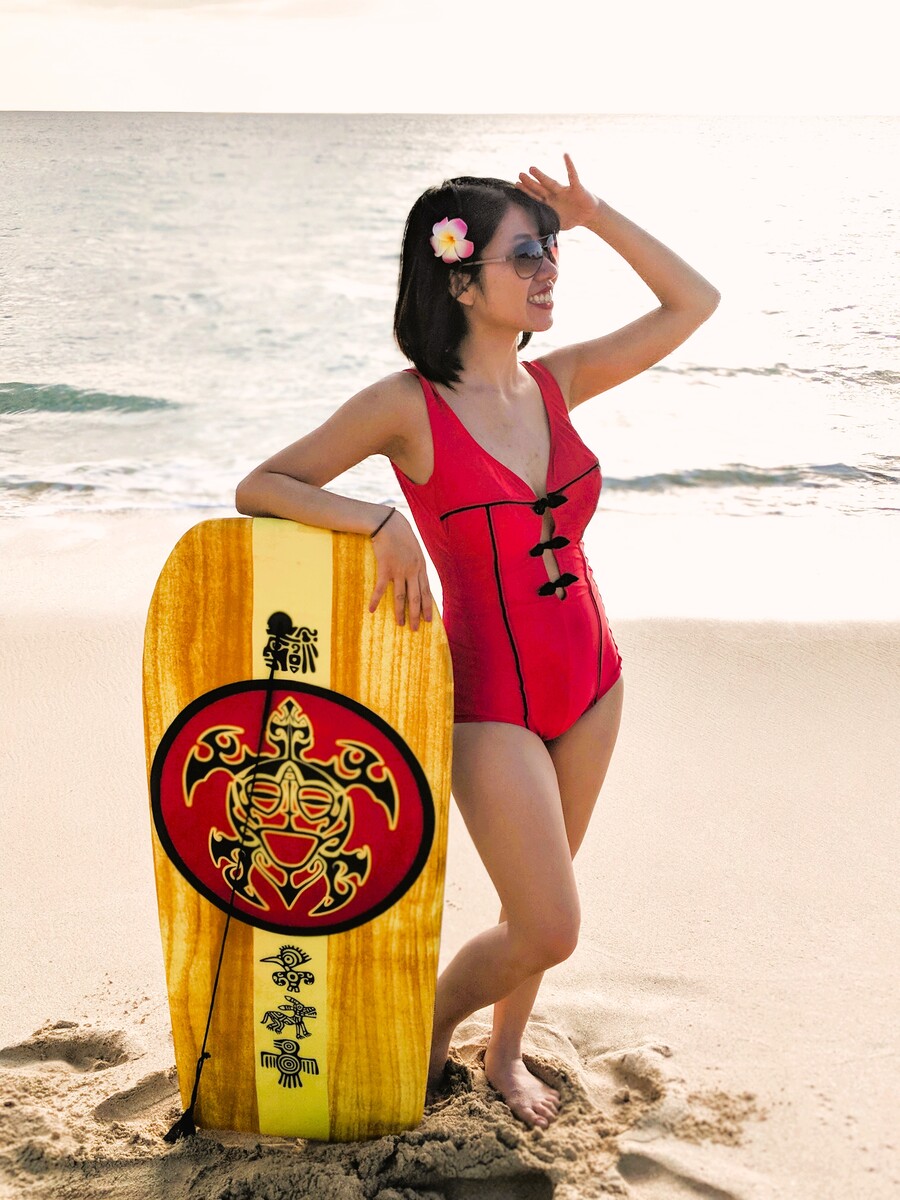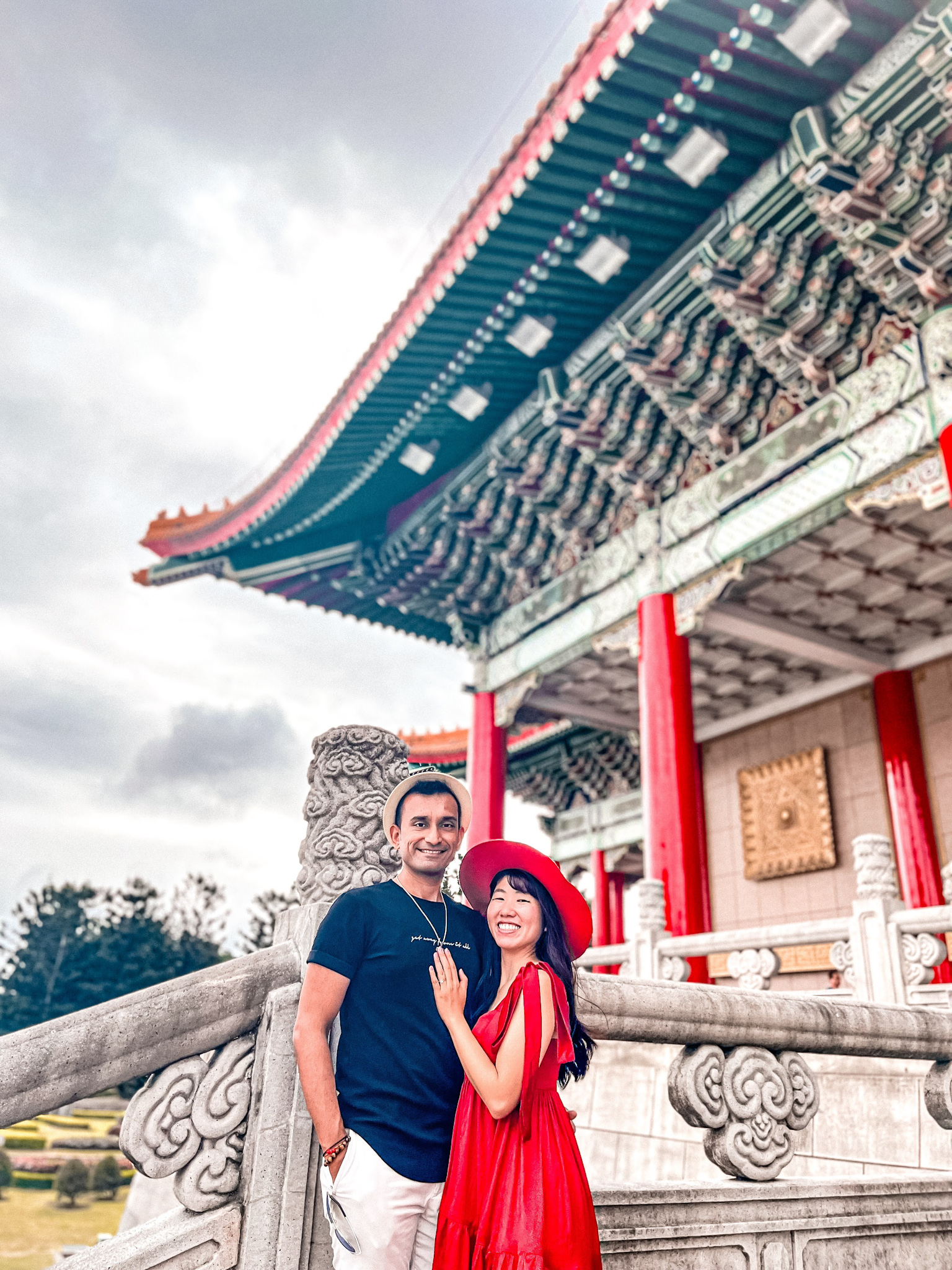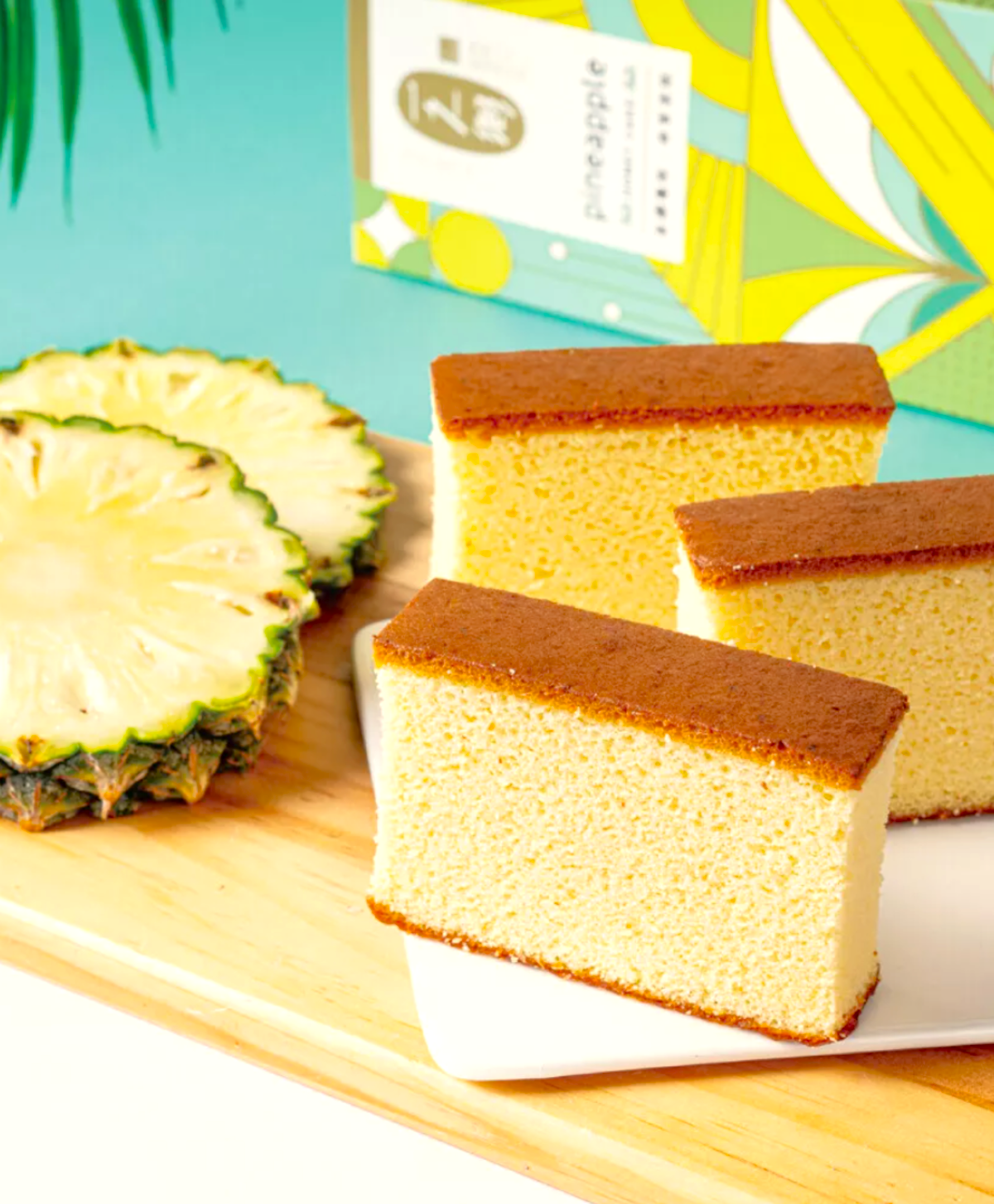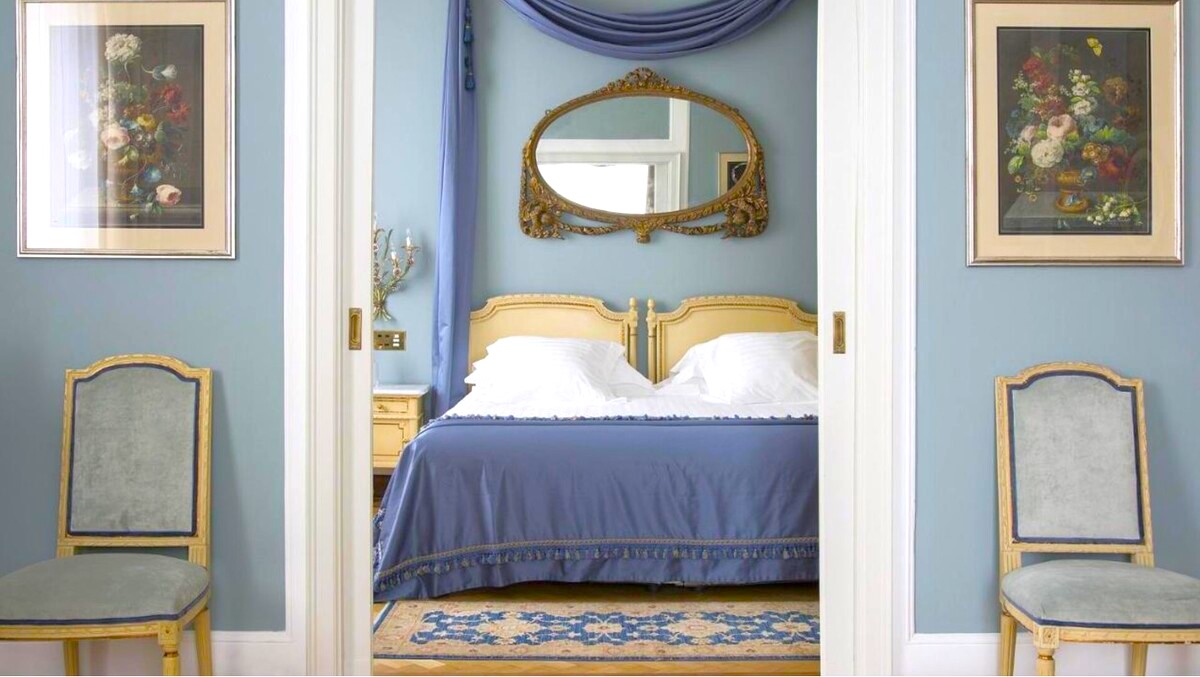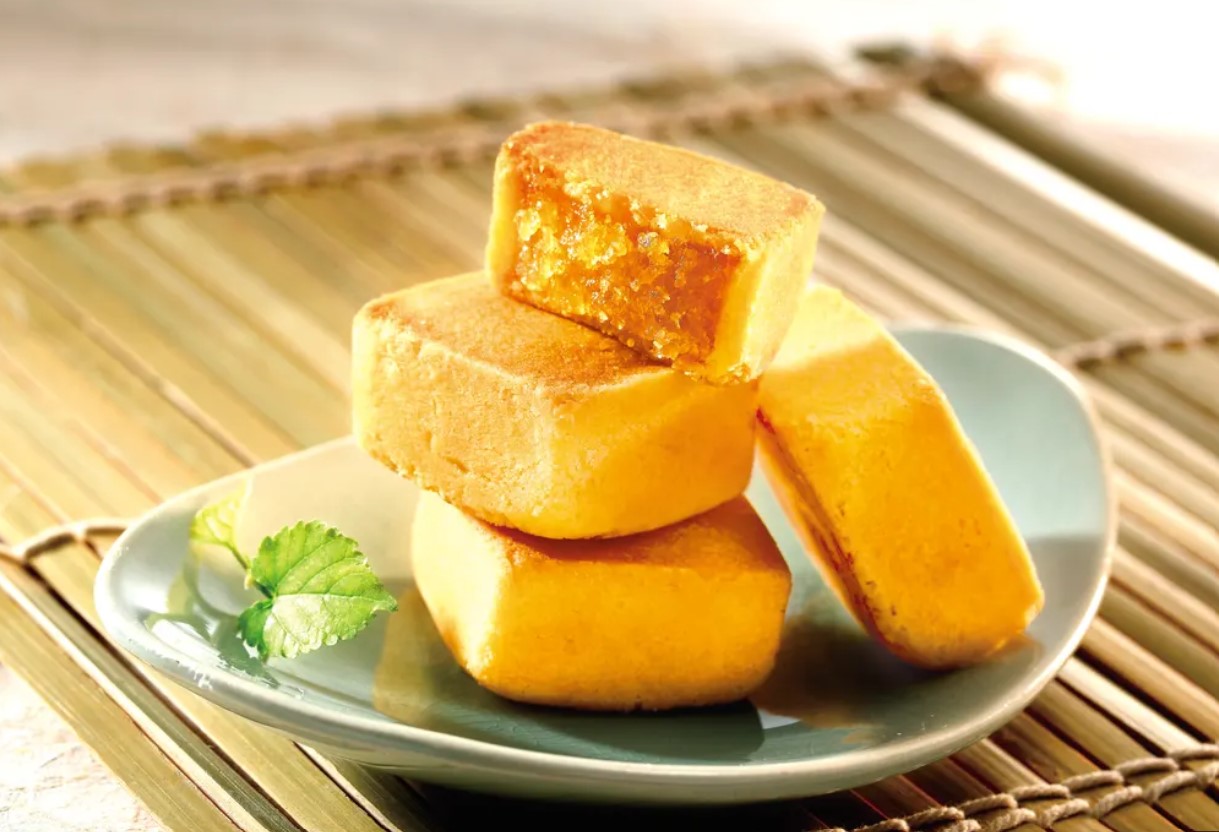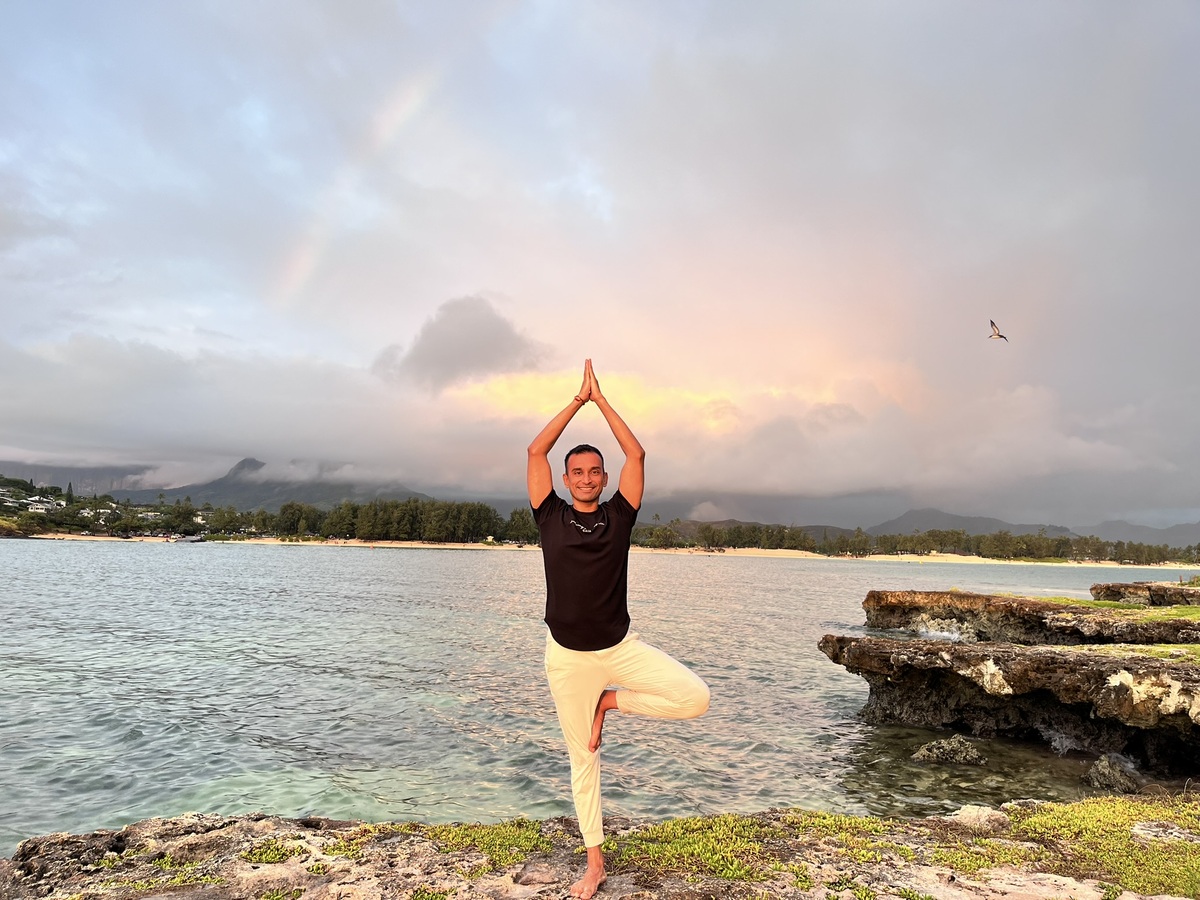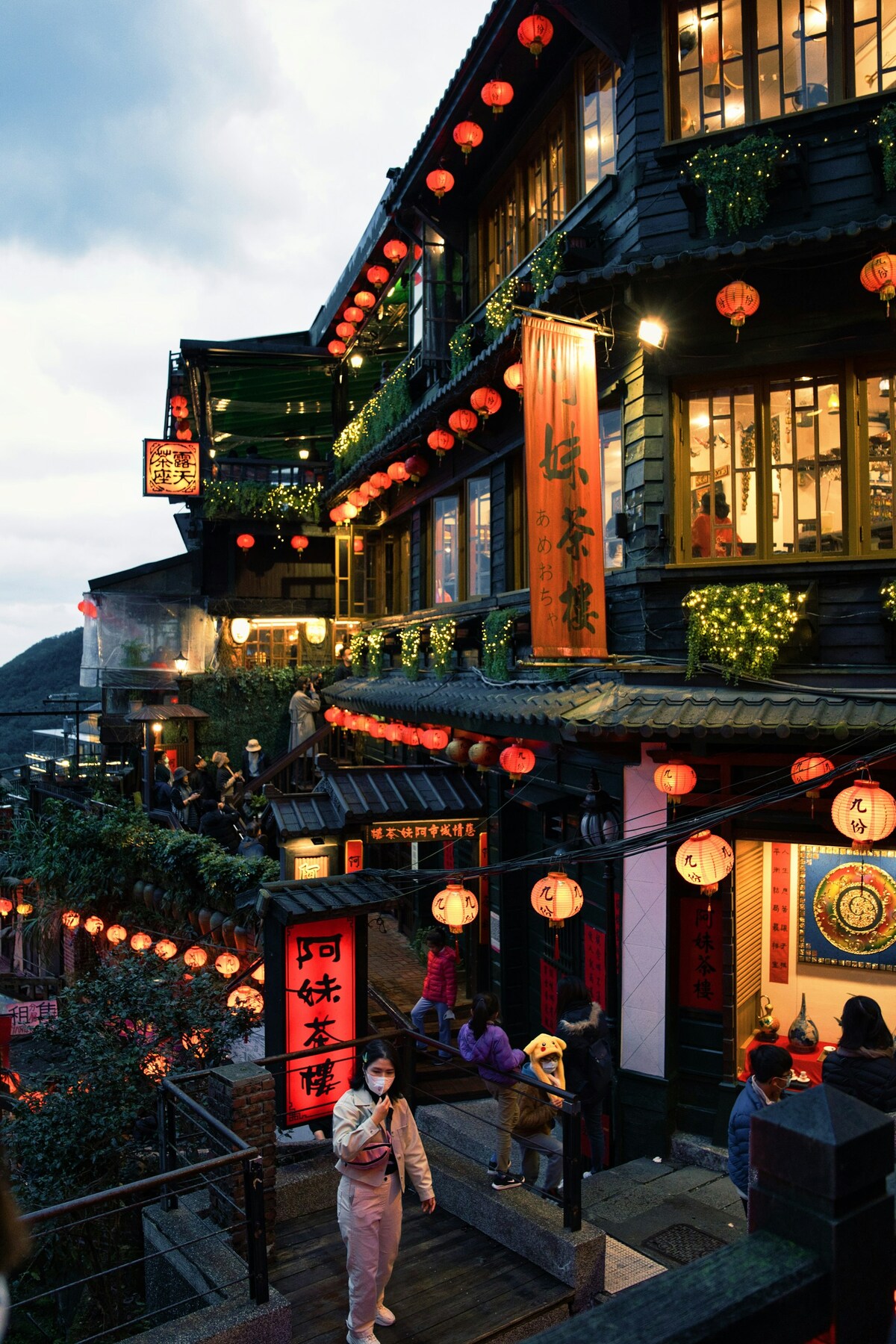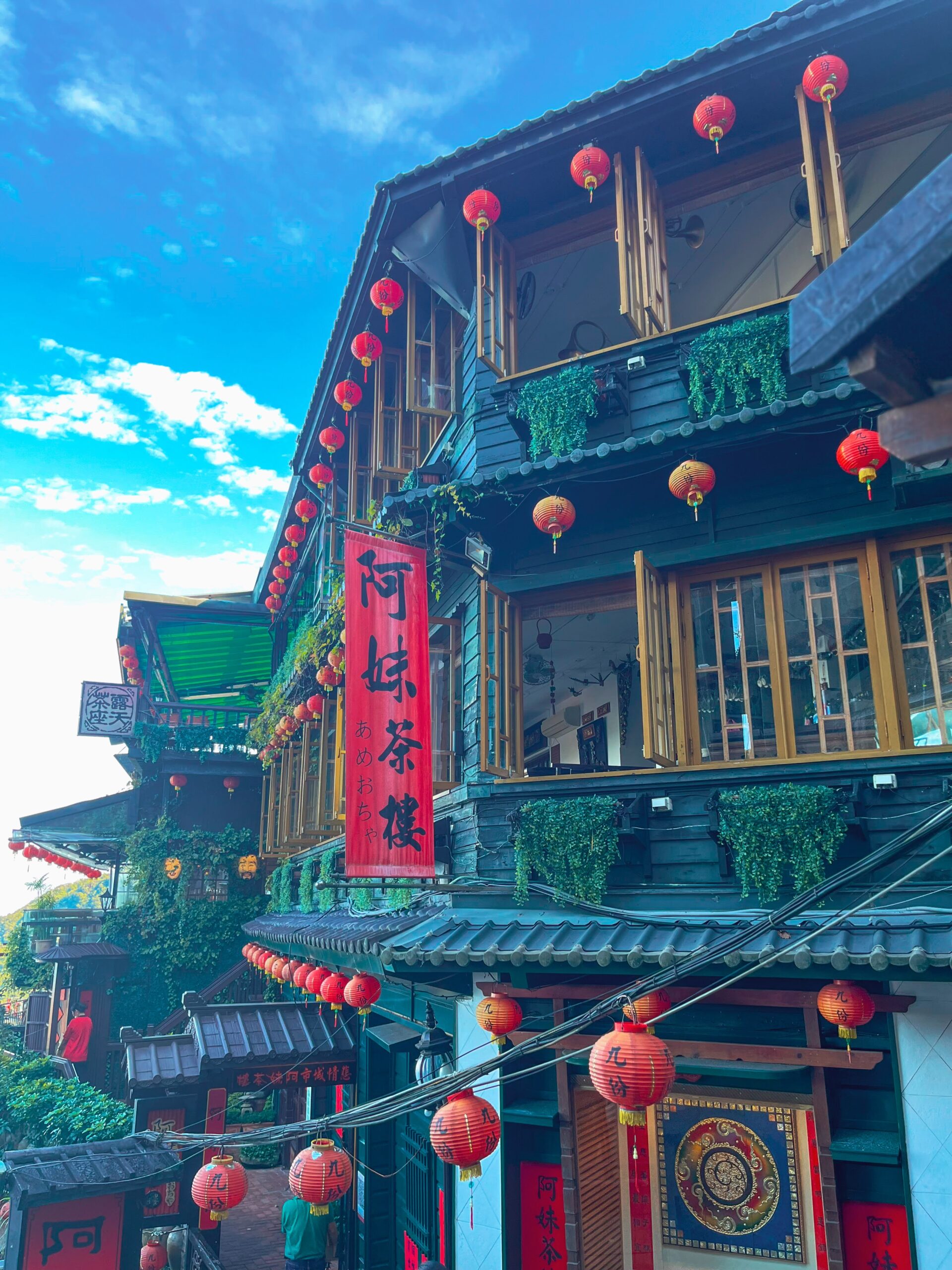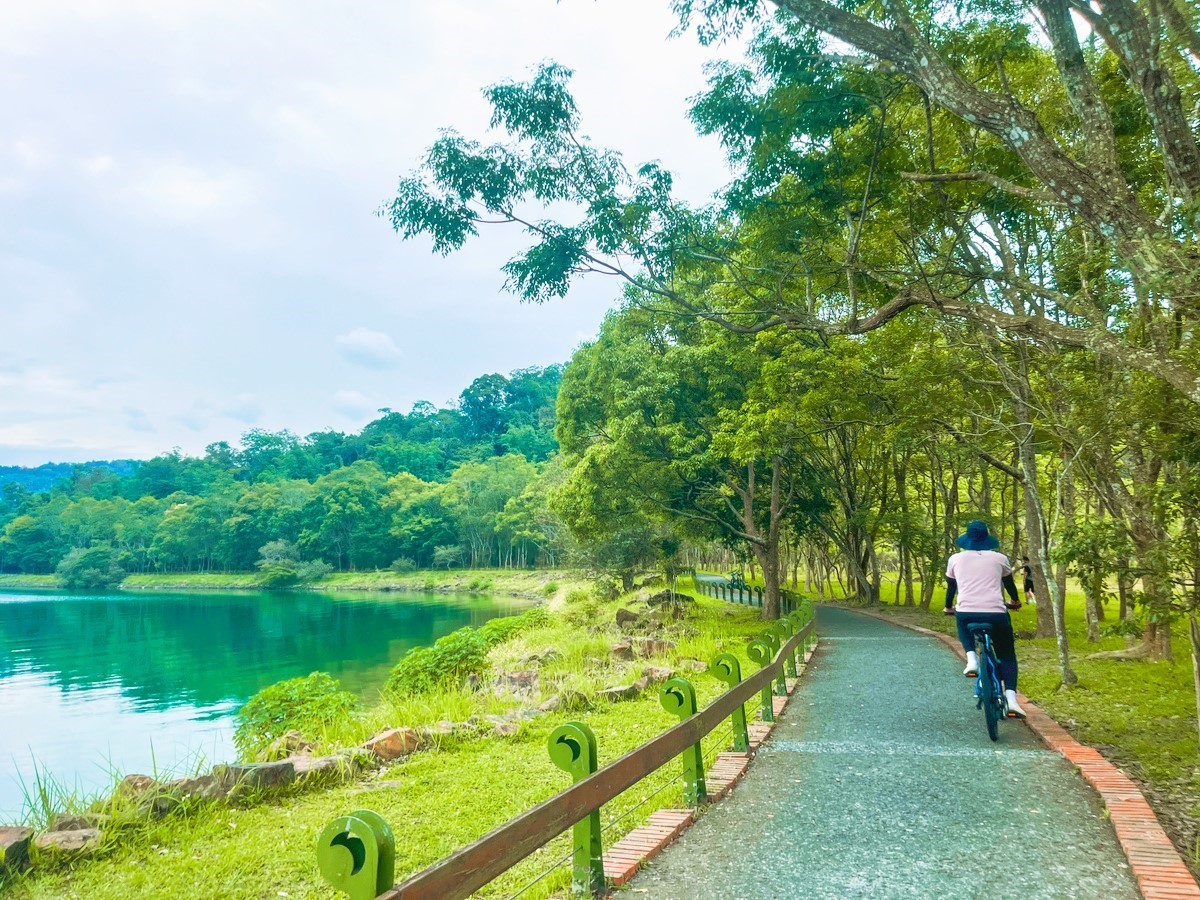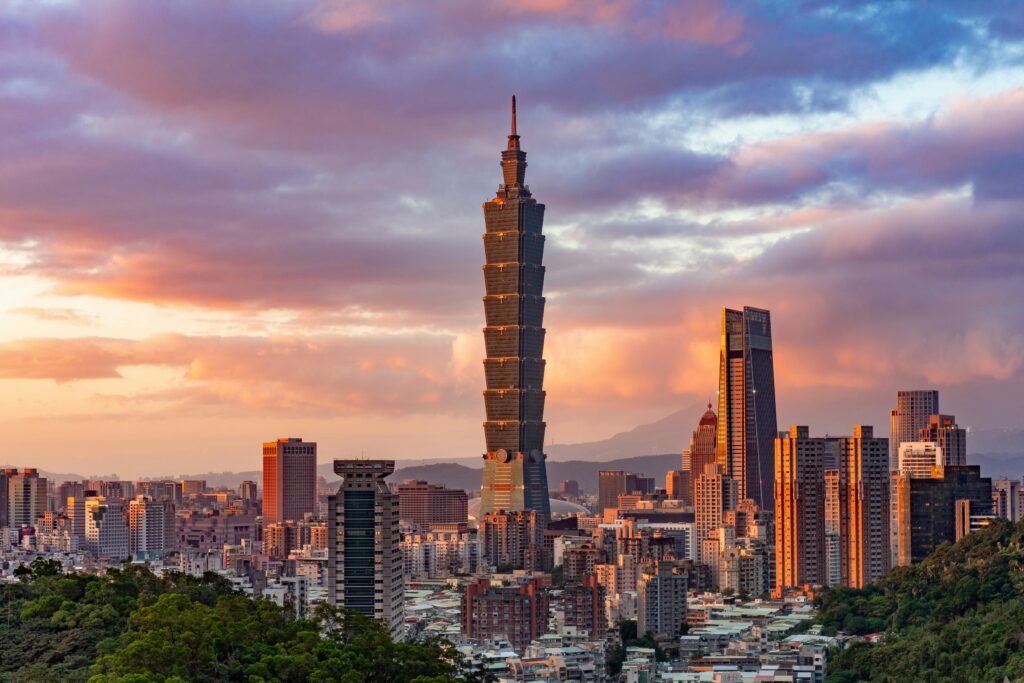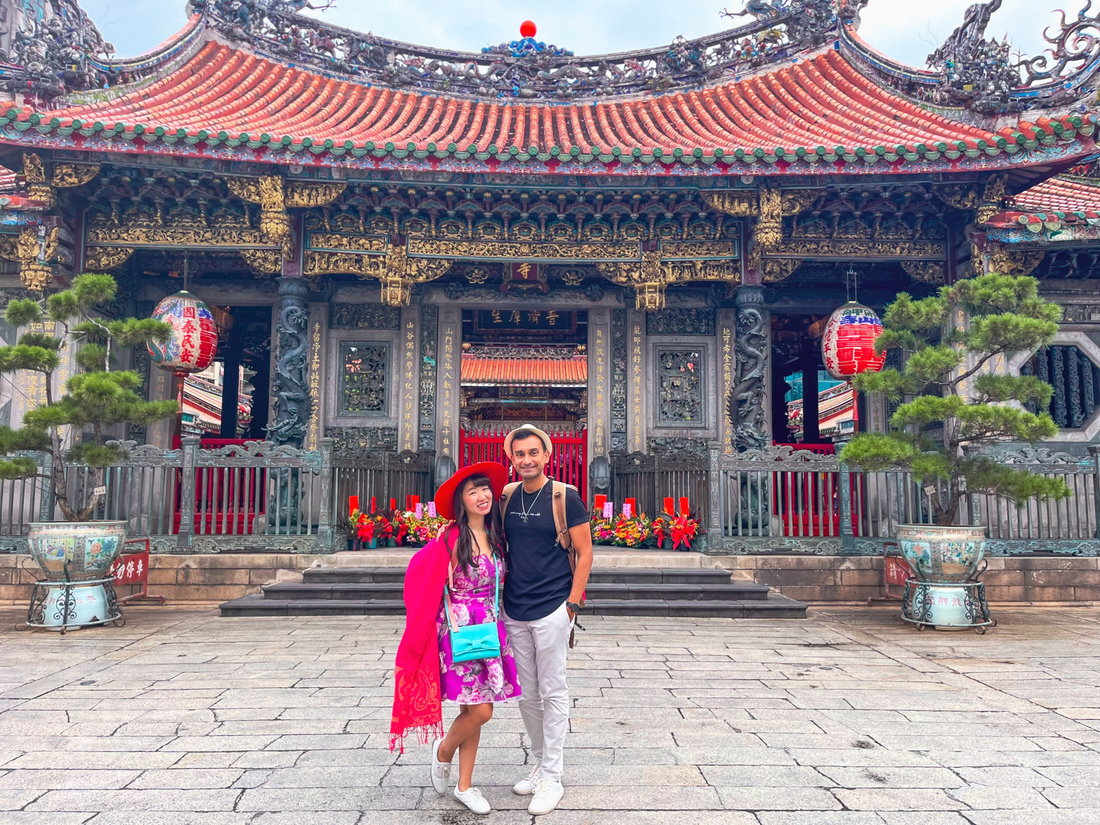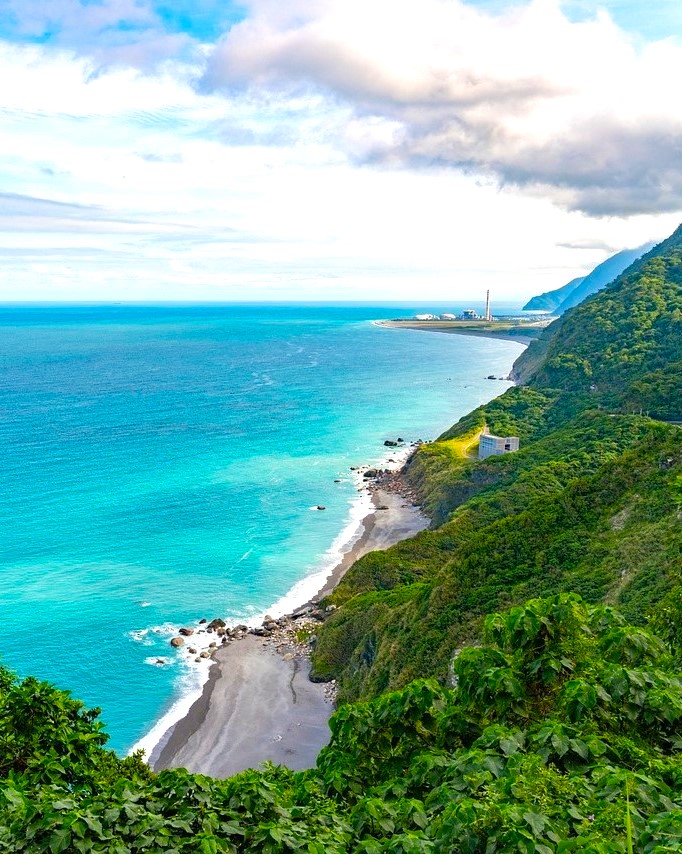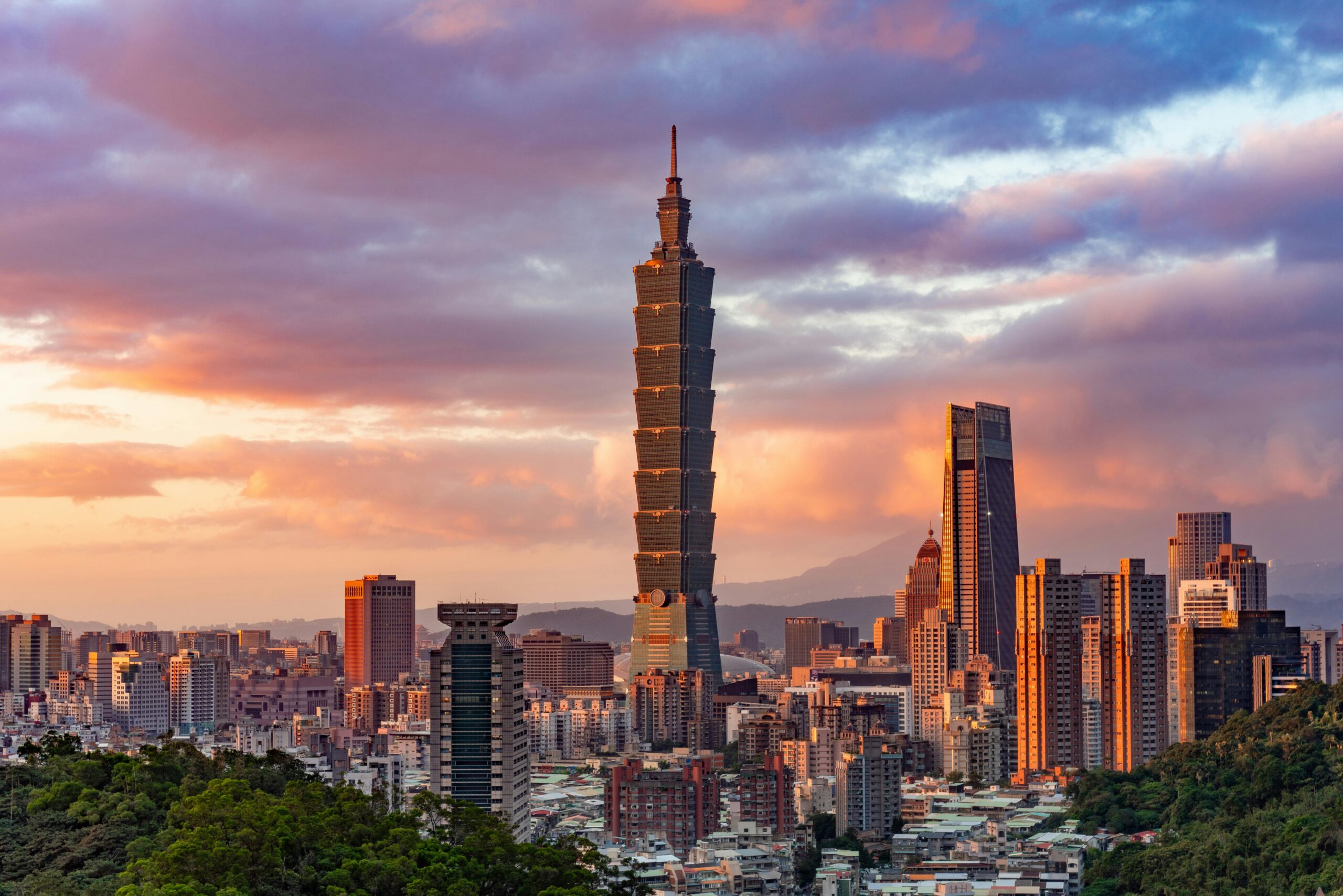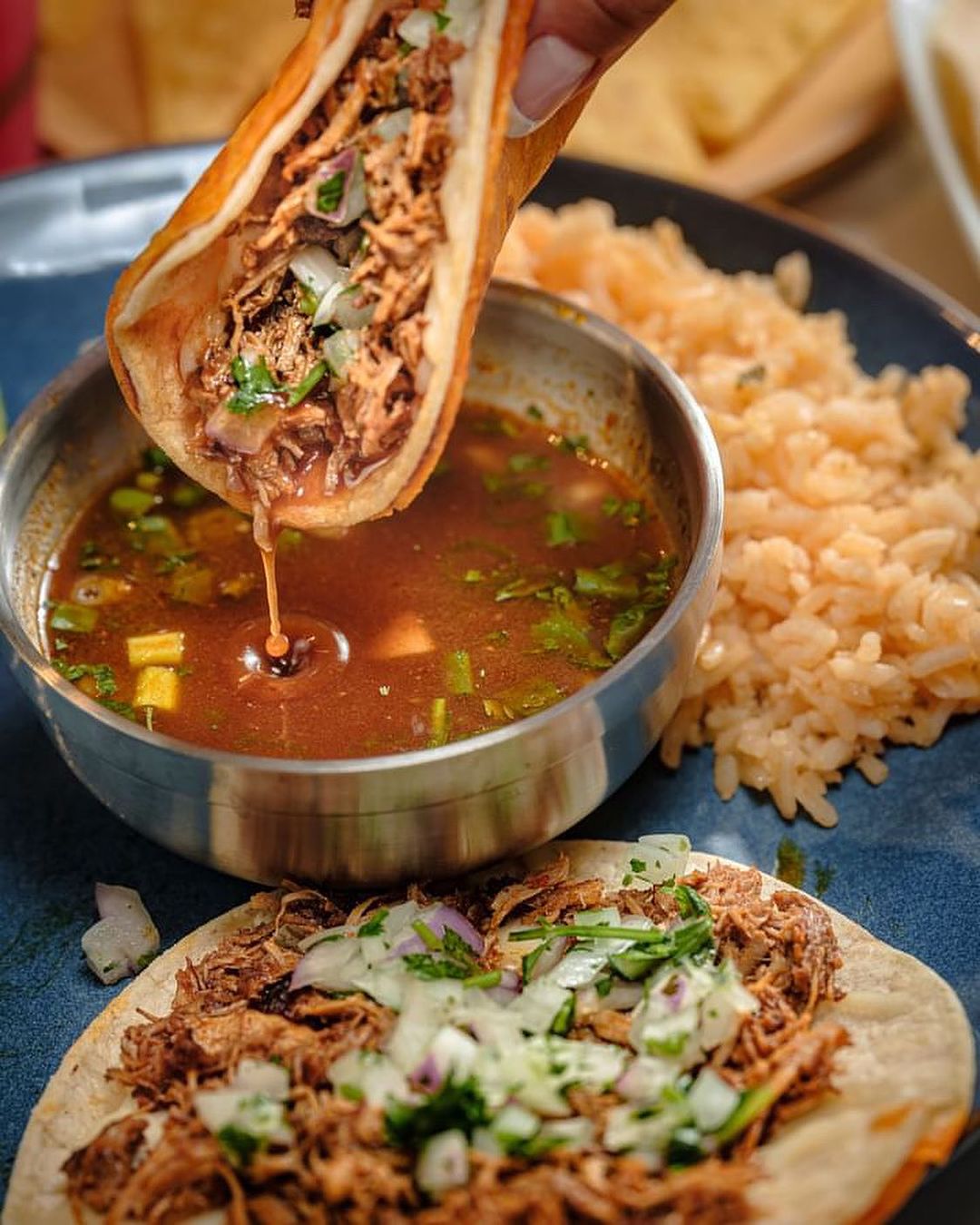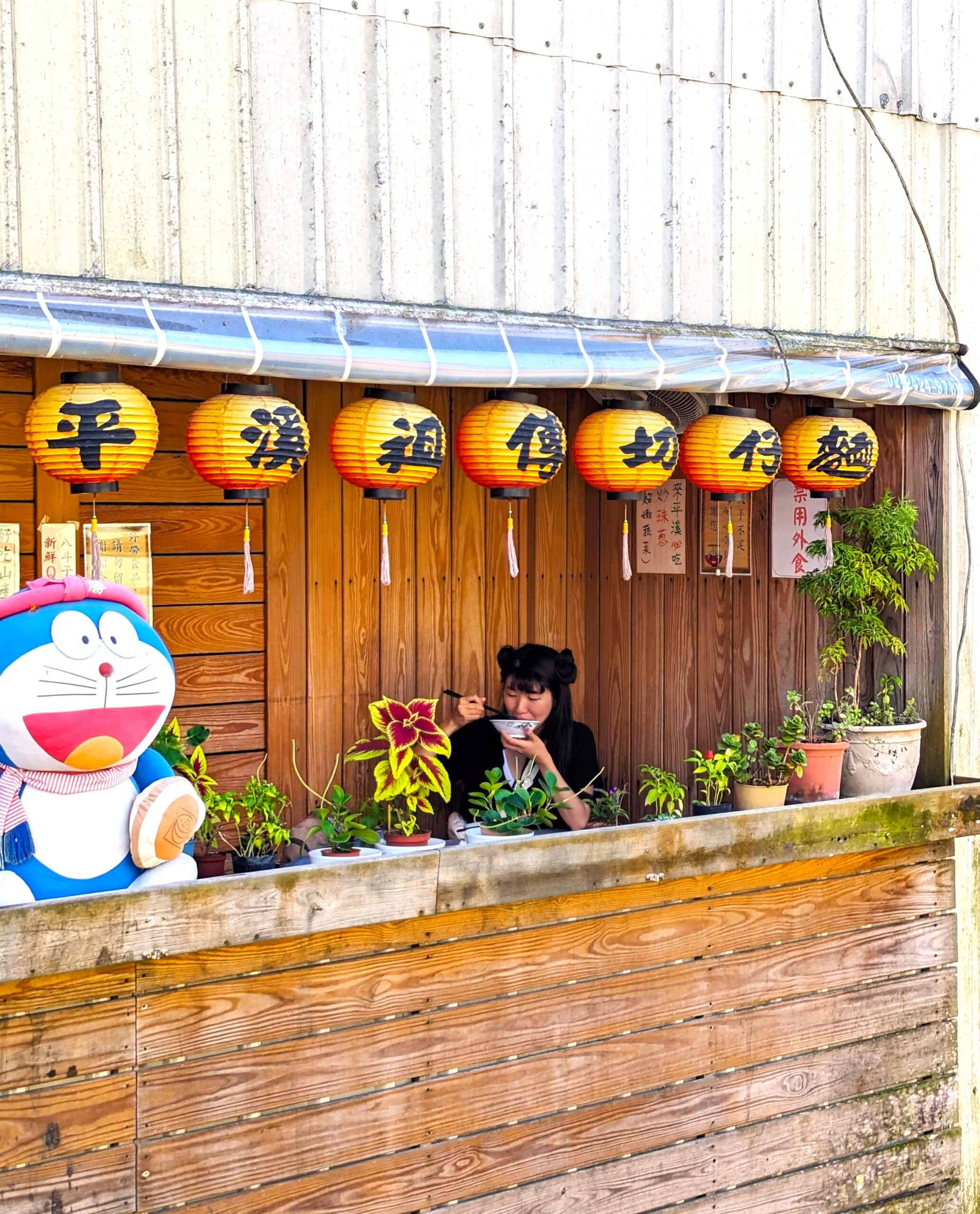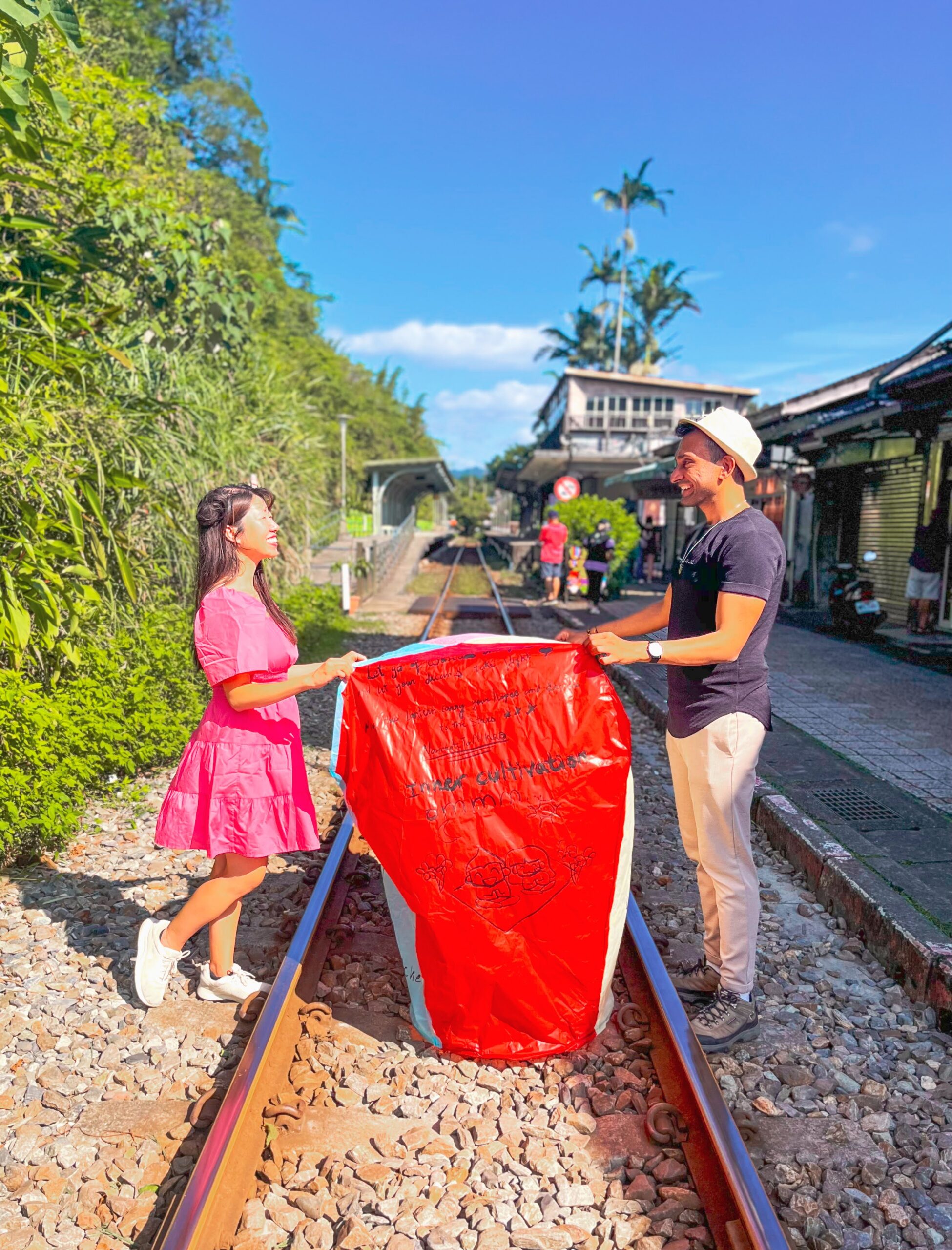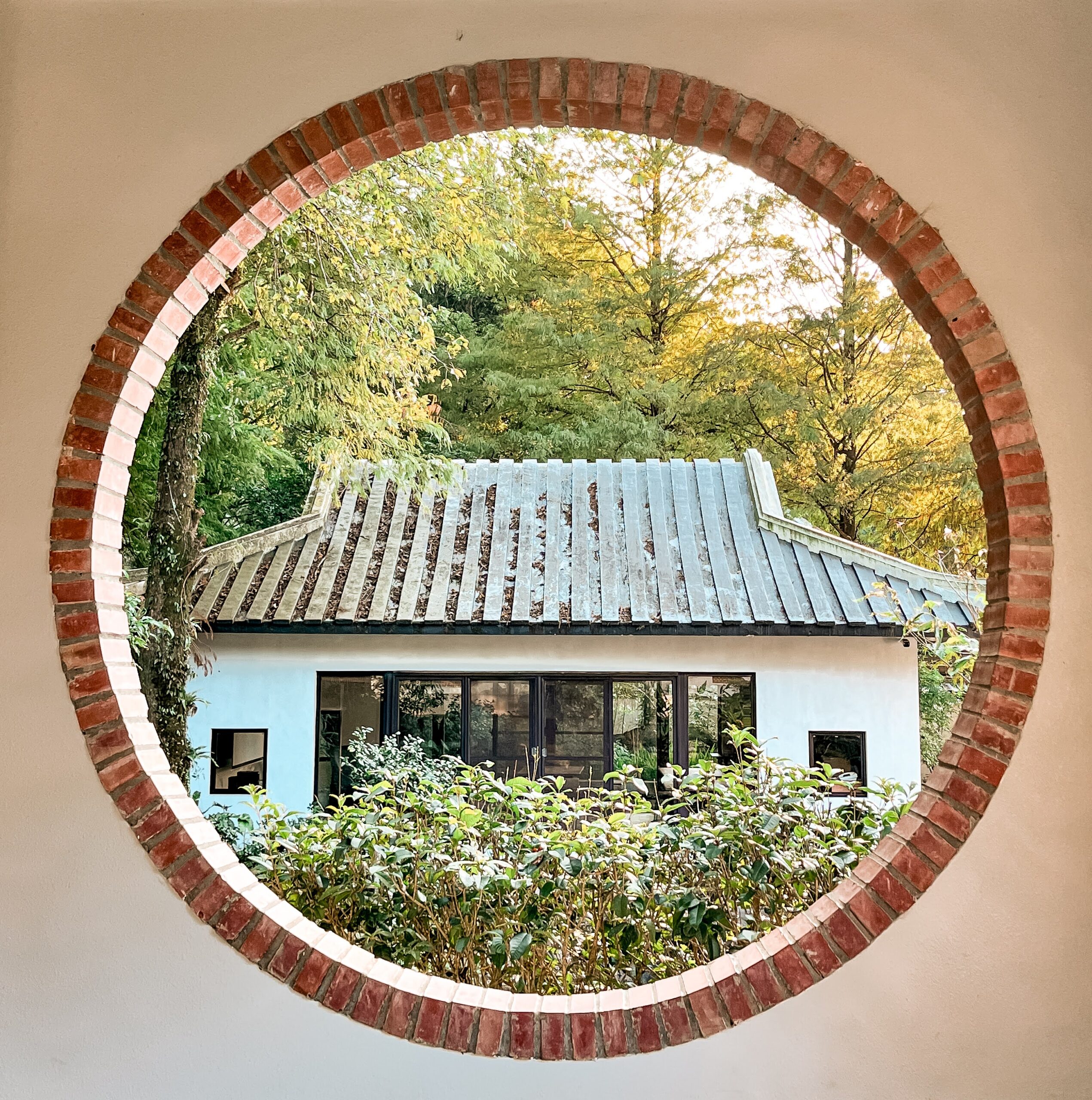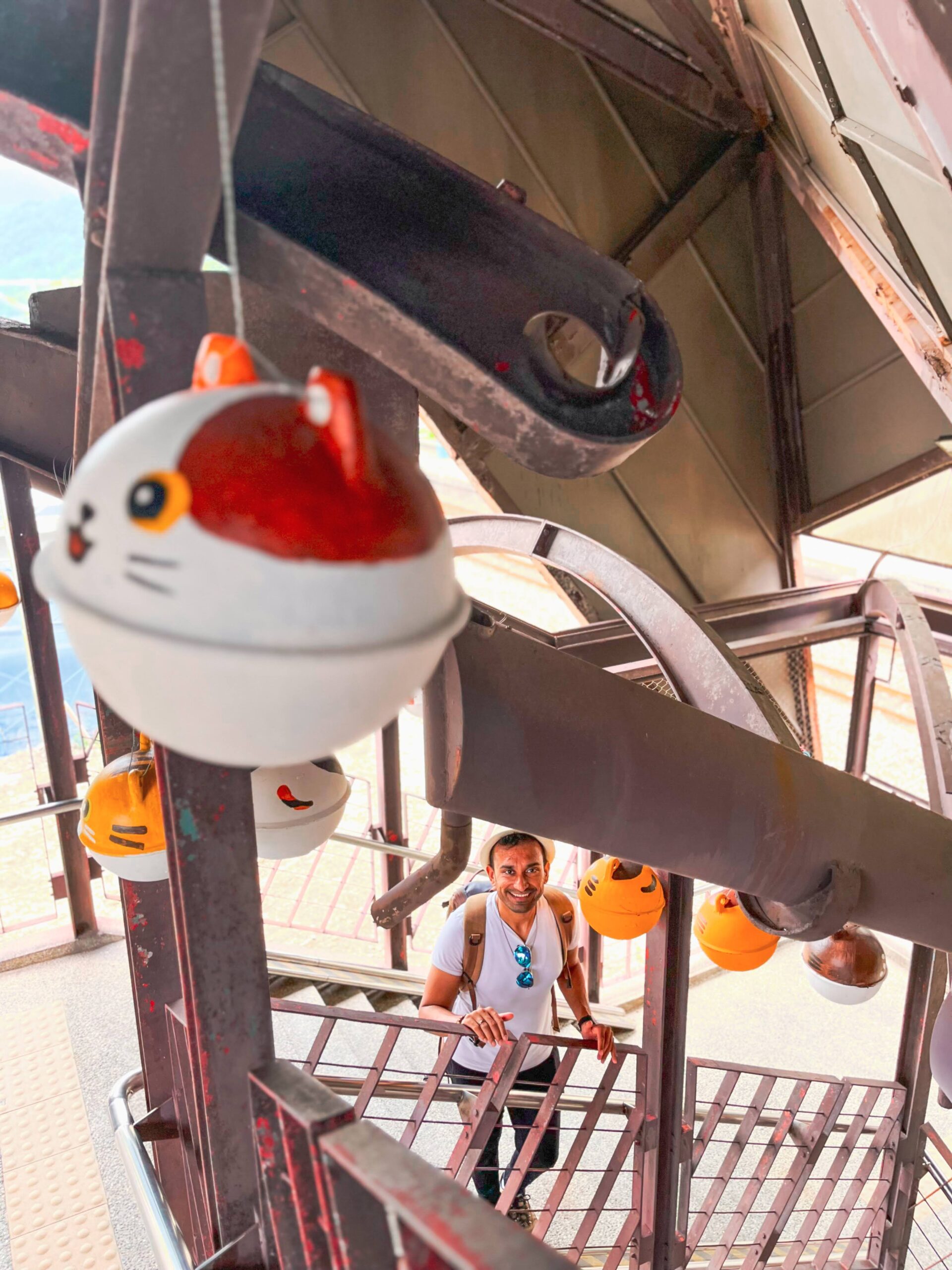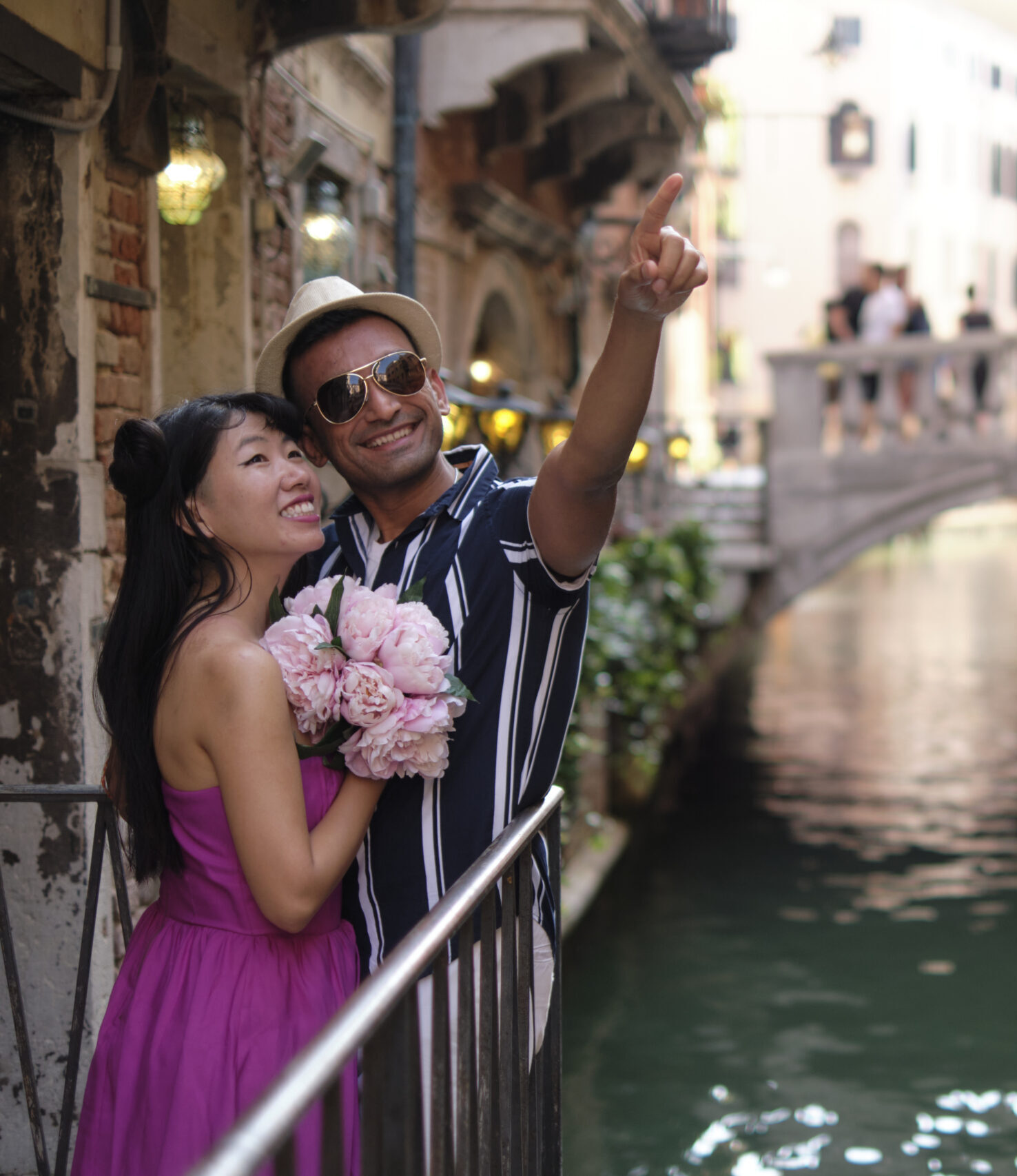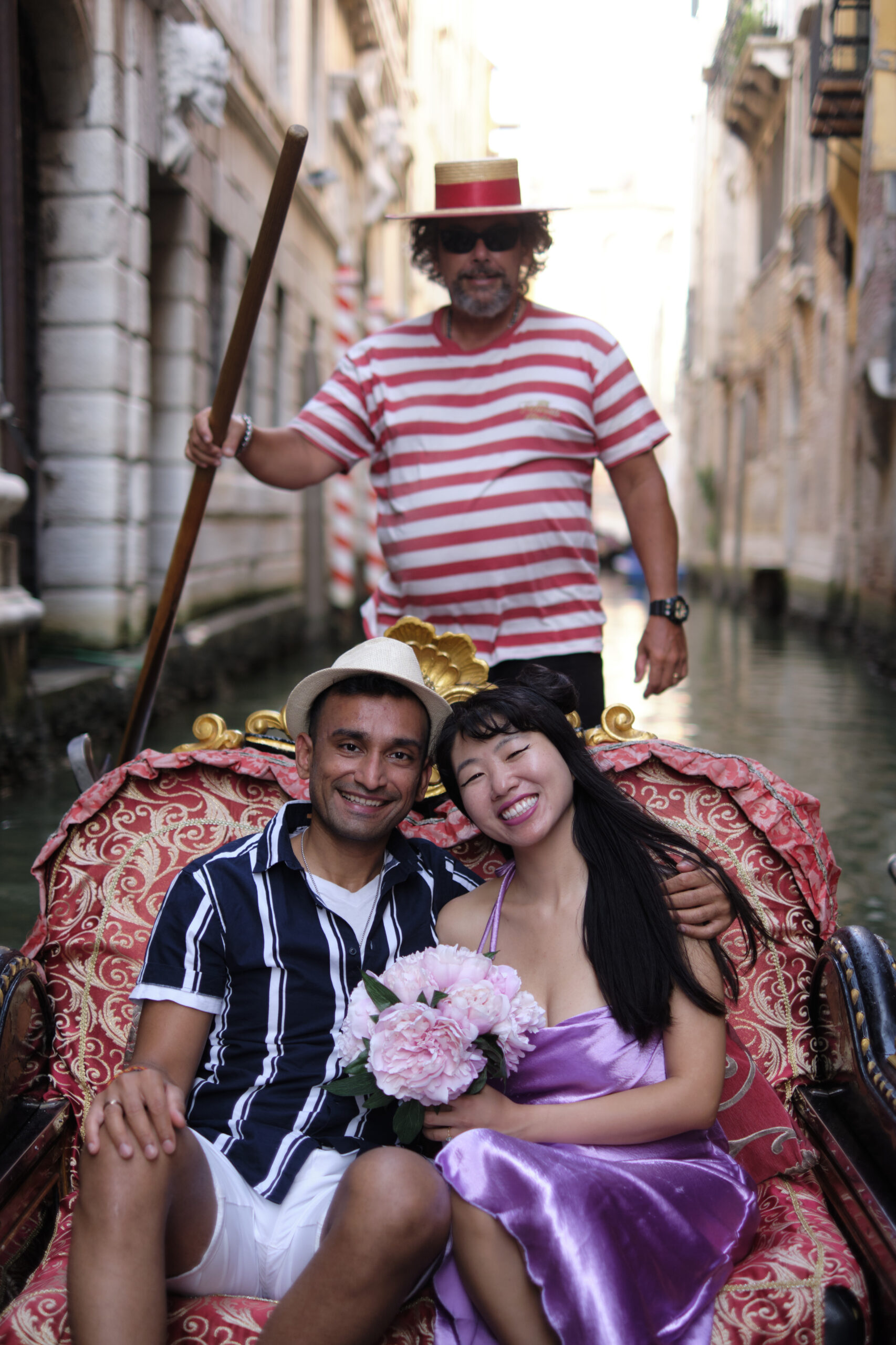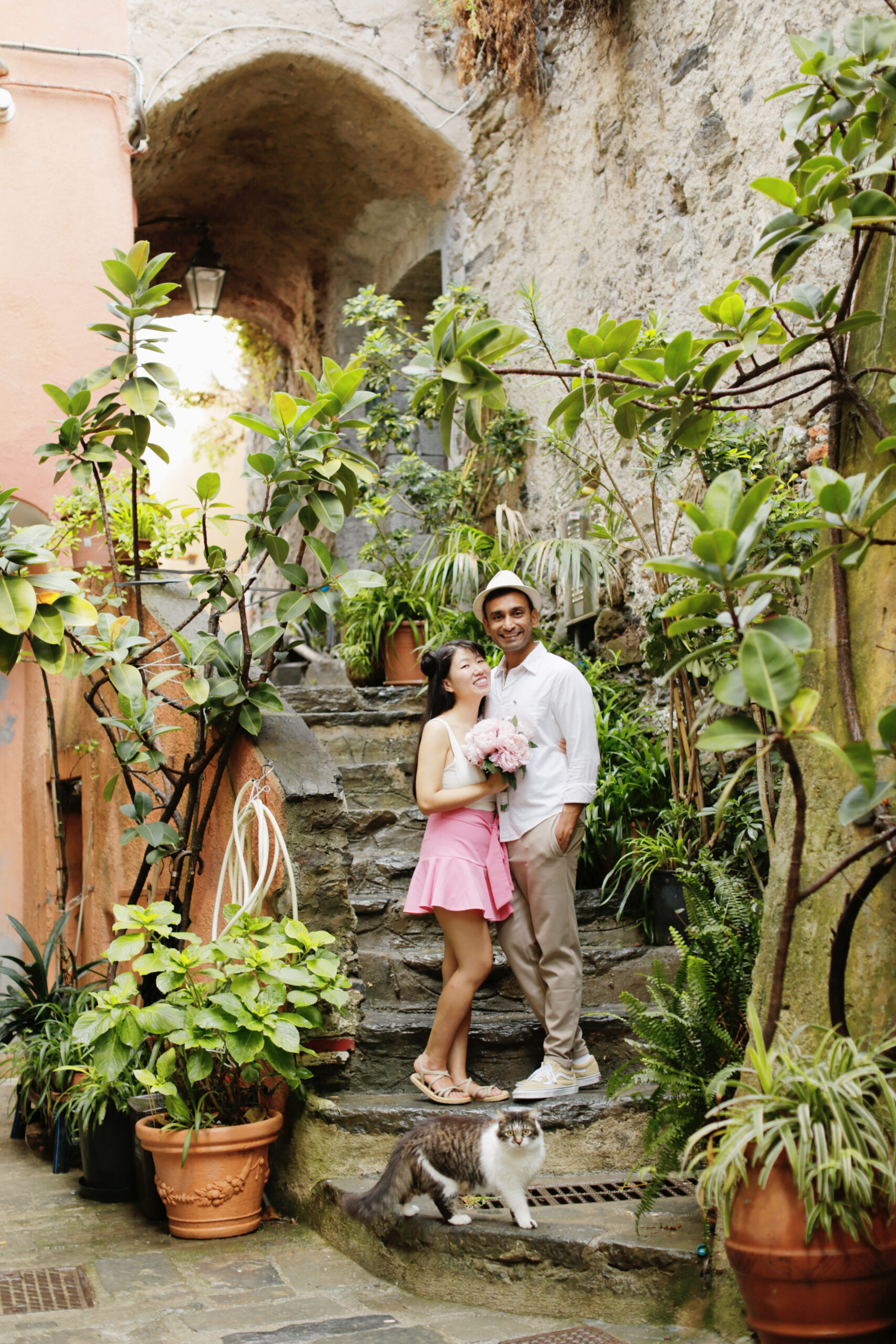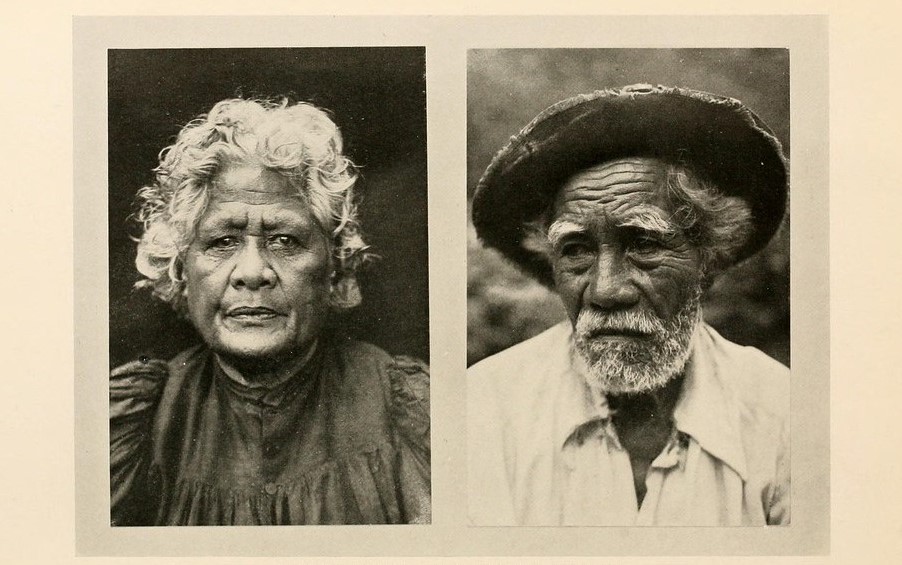
The Hawaiian culture is rich with ancient wisdom and spiritual practices, and at the heart of this tradition lies the enigmatic figure of the Kahuna nui. According to Hawaiian dictionary, the word Kahuna means “keeper of the secret.” It is a term used to call Native Hawaiian priests, healers, and experts.
The Kahunas are revered practitioners of Hawaiian religion and spirituality, holding the key to unlocking profound insights into life, nature, and the divine. Central to these practices is maintaining harmony within oneself and the natural world.
This article delves into the history, significance, and profound philosophies of Kahunas, offering valuable lessons for our own lives.
Readers also love our guides on who founded Hawaii (quick Hawaii history facts), and Honu spiritual meaning, and ways to be a how to visit hawaii ethically in Hawaii.
But first, here are the best tour deals for Oahu Hawaii: (yes, you should book in advance and early in your trip!)
- ⭐Best deal for Oahu Island Full-Day Guided Tour by Bus with Lunch with Free Pickup – See the best the island has to offer from Byodo temple, swimming, waterfalls, and more. (24 hours free cancellation, 5 star rating)
- ⭐Oahu Honolulu: Turtle Canyon Snorkeling Boat Tour – Swim through schools of tropical fish, sea turtles, and colorful corals. High-end snorkeling gear provided.
What is a Kahuna in Hawaiian Culture?
Definition and Role: Kahunas are spiritual leaders and practitioners in Hawaiian culture serving as a link between the physical and spiritual realms. A Kahuna holds sacred knowledge, and guiding their communities through rituals, medical healing practices, and maintaining balance in the natural order.
If we divide the word differently (a common practice in discovering the deeper meanings of Hawaiian words), “Kahu” means “keeper”, “honored servant” or “high servant who takes charge of persons, property, or knowledge.”
“Ka” means “the,” or “light,” and Huna means “knowledge which is “concealed,” or wisdom which is “protected like a treasure.”
“Na” means to care for, to settle difficulties; quiet, pacified, as an aggrieved child; calmed, quieted, as one’s passions — calm and centered.
Historical Significance: The lineage of Kahunas dates back centuries, with their practices deeply rooted in the oral traditions of Hawaii. Over time, their wisdom has been passed down through generations, preserving the essence of Hawaiian spirituality.
In certain times of history, the healing and medical practices of Kahuna and Native peoples went “underground” and was discouraged in Hawaiian antiquities. In an attempt to regulate and sustain them, King Kamehameha V ordered the government to license Native Hawaiian healers Kahunas in 1868. Thanks to this law and the spirit of Hawaiian people, their practices persisted and are preserved today.
Kahuna’s Importance in Hawaiian Culture
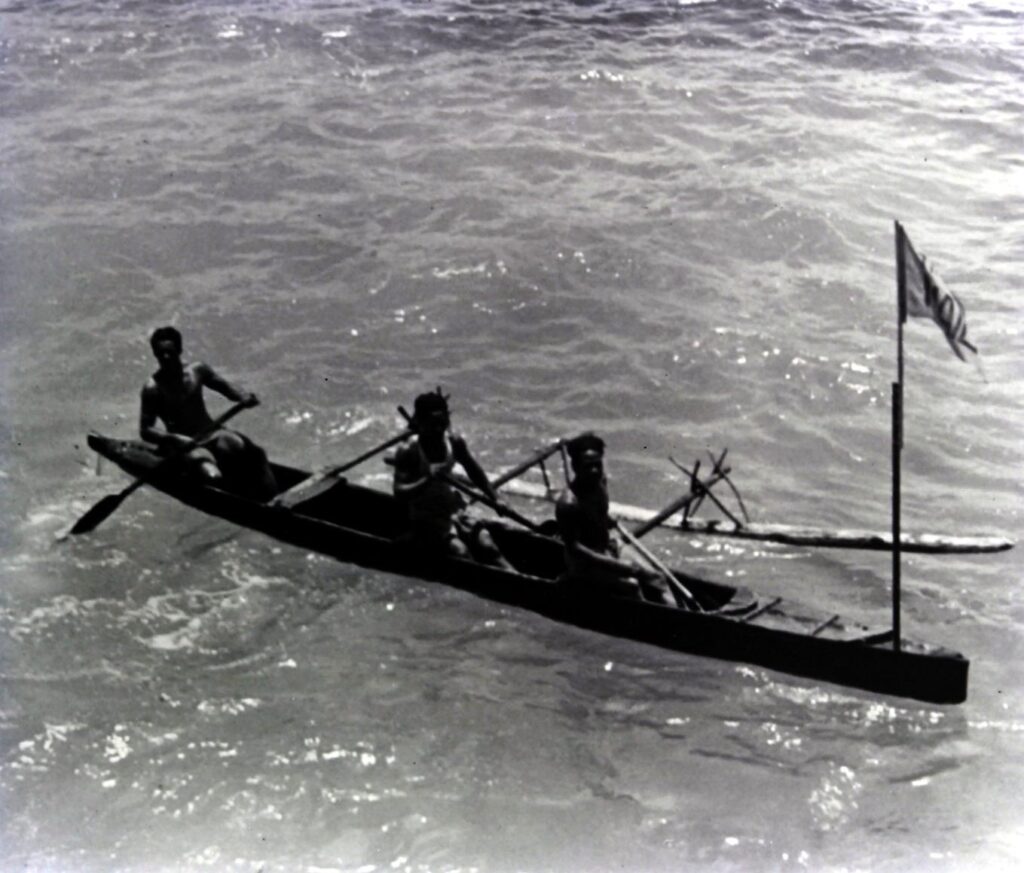
Kahunas are regarded as the keepers of sacred knowledge, Guardians of Spiritual Wisdom, possessing insights into healing, divination, and the mysteries of existence. Their role extends beyond the individual, contributing to the well-being of the entire community.
Kahunas emphasize a harmonious relationship with nature, recognizing the interconnectedness of all living things. This connection with nature is integral to their spiritual practices and forms the basis of their teachings.
Philosophies we can learn from Hawaii Kahuna
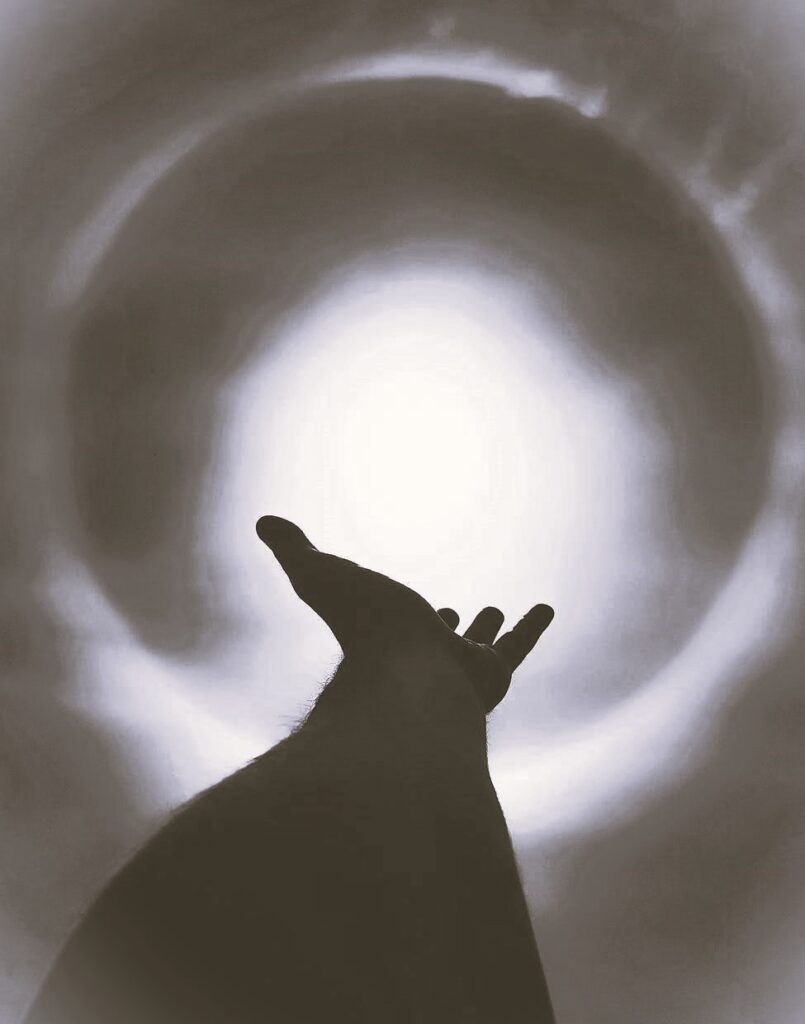
1. Kahunas Practice No Doubt
Kahunas advocate for the practice of no doubt, emphasizing the transformative power of belief. By maintaining unwavering faith in one’s abilities and the divine order of the universe, individuals can overcome self-imposed limitations and tap into their inner potential.
No doubt is a cornerstone of Kahuna wisdom, empowering individuals to manifest positive outcomes.
2. Huna – Wisdom of ancient Polynesian Culture
It’s important to know that one does not proclaim themselves as a Kahuna, nor go to school to become one. One is called Kahuna by the community because the Kahunas has gone through daily life training to unlock “Huna”, healing knowledge, and serves others with it.
Huna is the Hawaiian word meaning knowledge which is “concealed,” or wisdom which is “protected like a treasure.” It refers to the sacred wisdom of ancient Polynesian cultures. Think of it as the original Polynesian blueprint for self development, healing, and righteousness.
When we learn from the sacred wisdom of Kahuna nui, we must remember to pay our respects, and allow it to inspire different areas of our lives.
3. Ho’oponopono – The Art of Healing
Ho’oponopono is a central tenet of Kahuna philosophy, representing the art of healing and reconciliation. This practice involves resolving conflicts and restoring balance within oneself and the community. Kahunas believe that by addressing and healing interpersonal discord, individuals can release negative energy and foster a harmonious environment.
4. Mana – Spiritual Power
At the core of Kahuna philosophy is the concept of mana, a spiritual force inherent in all living things. Kahunas harness this energy through rituals, chants, and sacred practices. Mana is believed to be a source of spiritual power that, when cultivated and utilized with intention, can bring about positive change and healing.
5. Pono – Righteousness
The principle of Pono underscores the importance of righteousness and balance in life. Kahunas believe in living a life aligned with moral integrity and ethical conduct. By adhering to pono referring to righteousness, individuals maintain harmony within themselves and their relationships.
This philosophy encourages a holistic approach to well-being, recognizing the interplay between physical, mental, and spiritual aspects of life.
6. Lokahi – Maintaining Balance
In Hawaiian culture, the practice of Lokahi embodies the harmonious balance between mind, body, and spirit, promoting holistic health and well-being. This concept is deeply rooted in various aspects of Hawaiian life, from traditional healing practices to community gatherings. One way Hawaiians maintain Lokahi is through their connection to nature, engaging in activities like hula dancing, surfing, and fishing, which not only exercise the body but also nurture the soul and foster a sense of unity with the environment.
Traditional Hawaiian medicine, known as La’au Lapa’au, utilizes natural remedies such as plants, herbs, and massage techniques to address physical ailments while also considering the emotional and spiritual aspects of healing. Additionally, the practice of ho’oponopono, a form of conflict resolution and forgiveness, helps to restore balance and harmony within relationships and communities, emphasizing the importance of emotional well-being alongside physical health. Through these practices and more, Hawaiians uphold Lokahi as a guiding principle, striving for holistic health and equilibrium in all aspects of life.
Planning a trip to Hawaii? Grab our free Hawaii Packing List to plan easefully guides on where to see Hawaiian sea turtles, and the best sunrise spots in Hawaii!
How to Practice Kahuna Wisdom
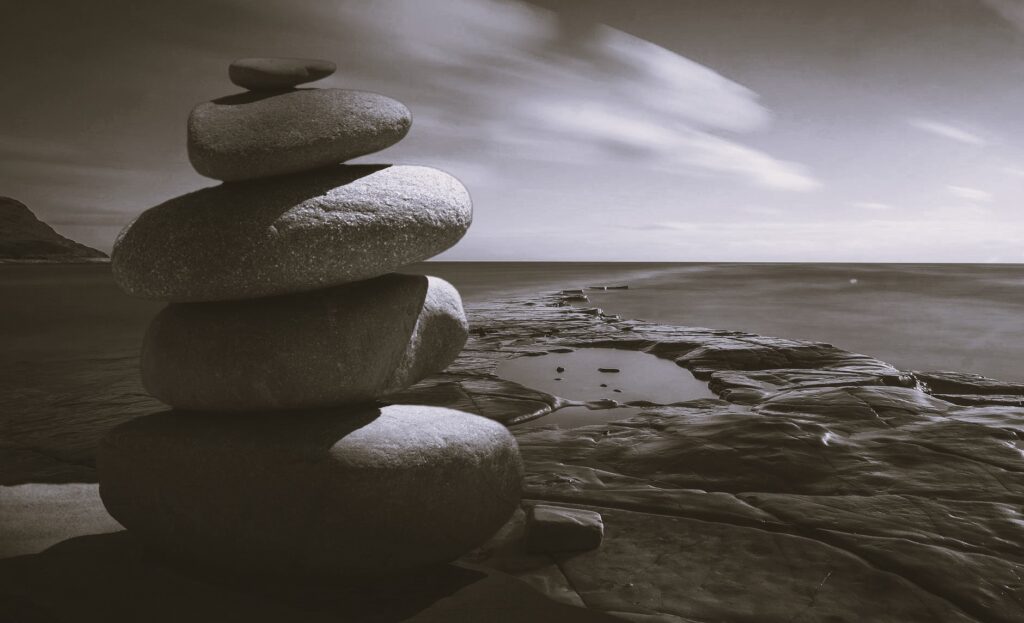
Today, the healing ability of the Kahuna is no longer reserved for just a few. Anyone can clear their mind of beliefs, let go of doubt, and return to a healthy, happy life. All that is required is a willingness to surrender your doubt. In time, we move back to our true Self, and the true Self has no doubt. Here are ways you can practice Kahuna wisdom…
Cultivate Connection with Nature:
Immerse yourself in the beauty of nature to enhance your connection with the spiritual realm. Engage in activities like hiking, meditation in natural settings, or simply spending quiet moments outdoors.
By appreciating the natural world, you align yourself with the essence of Kahuna philosophy, fostering a deeper understanding of the interconnectedness of all living things.
Embrace Positive Affirmations
Embrace Positive Affirmations: Practice releasing doubt and replacing self-doubt with positive affirmations that reinforce belief in your abilities and the abundance of the universe. Develop a daily practice of affirming your goals, aspirations, and self-worth.
Kahunas believe that the spoken word carries significant power, shaping reality and influencing personal growth. By consistently affirming positive beliefs, you contribute to the manifestation of a more fulfilling and purposeful life.
Explore Mindfulness and Meditation
Engage in mindfulness practices and meditation to quiet the mind and connect with the spiritual realm. Set aside time for contemplation, focusing on the present moment and cultivating inner peace.
Kahunas value the clarity that arises from a quiet and centered mind, considering it a gateway to spiritual insights and heightened intuition. Regular mindfulness and meditation practices can serve as powerful tools for navigating life with a sense of calm and purpose.
Live with Aloha and Share the Huna
Embody the spirit of Aloha, a fundamental aspect of Kahuna wisdom that encompasses love, compassion, and respect for others. Share the Huna, the secrets of wisdom and knowledge that you learn.
Practice kindness, generosity, and empathy in your interactions. Living with Aloha extends beyond personal relationships to encompass a broader sense of community and interconnectedness. By fostering a loving and compassionate attitude, you contribute positively to the collective well-being of humanity.
Hawaii Kahuna Quotes and Sayings:
In the heart of Hawaiian spiritual wisdom, the Kahunas offer profound insights into the interconnectedness of life, the power of belief, and the practice of no doubt. By embracing their wisdom, we can navigate our spiritual journey with confidence, cultivating a harmonious existence and contributing positively to the world around us. The secret of Kahunas lies not just in their ancient teachings but in the timeless application of their philosophy in our daily lives.
“He ali’i ka ‘āina; he kauā ke kanaka.” (The land is chief; man is its servant.)
Reflects the Kahunas’ reverence for the land and the importance of living in harmony with nature.
“I ka ‘ōlelo no ke ola; i ka ‘ōlelo nō ka make.” (In speech is life; in speech is death.)
Highlights the power of words in shaping one’s reality and the responsibility that comes with spoken words.
“A’ohe pau ka ‘ike i ka hālau ho’okahi.” (All knowledge is not learned in just one school.)
Emphasizes the diversity of wisdom and the idea that there is much to be learned from nature, life, and various sources.
More on Spirituality in Hawaii:
- 9 Kauai Buddhist Temples You Can Visit for Peace
- Rudraksha Forest Kauai Read This Before Visiting
- The Hawaiian Honu Symbol of Wisdom Good Luck & Resilience
- What is a Hawaii Kahuna 11 Unexpected Lessons from the Kahuna
- Sacred Rudraksha Forest Photos See Before You Go
- Where to See Turtles in Oahu
More on Hawaii:
- 6 Days Oahu Itinerary
- Honolulu 2 Days Itinerary
- Ultimate Hawaii Packing List All You Need to Bring
- What to Pack for 10 Days in Hawaii
- Is it Ethical to Travel to Hawaii Right Now
- Who Founded Hawaii When
- 12 Best Hotels North Shore Oahu
- Best Route to Drive Around Oahu

